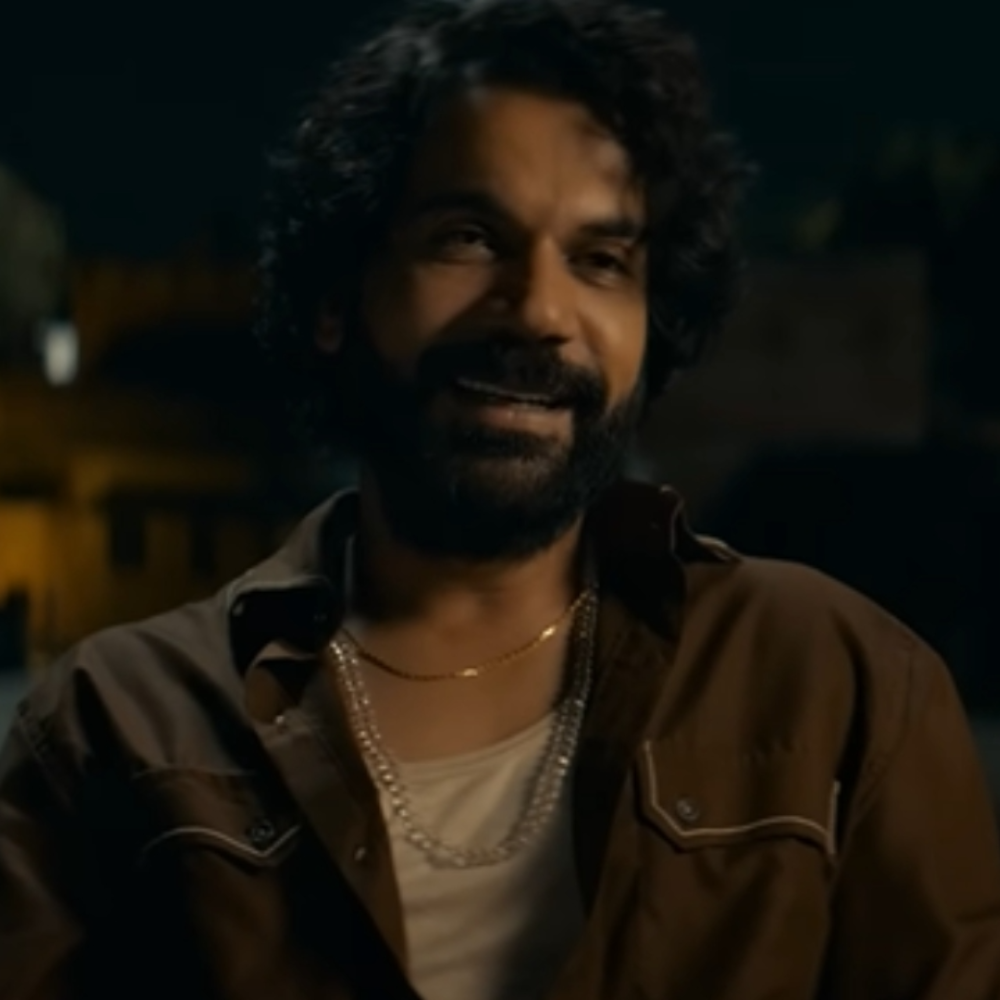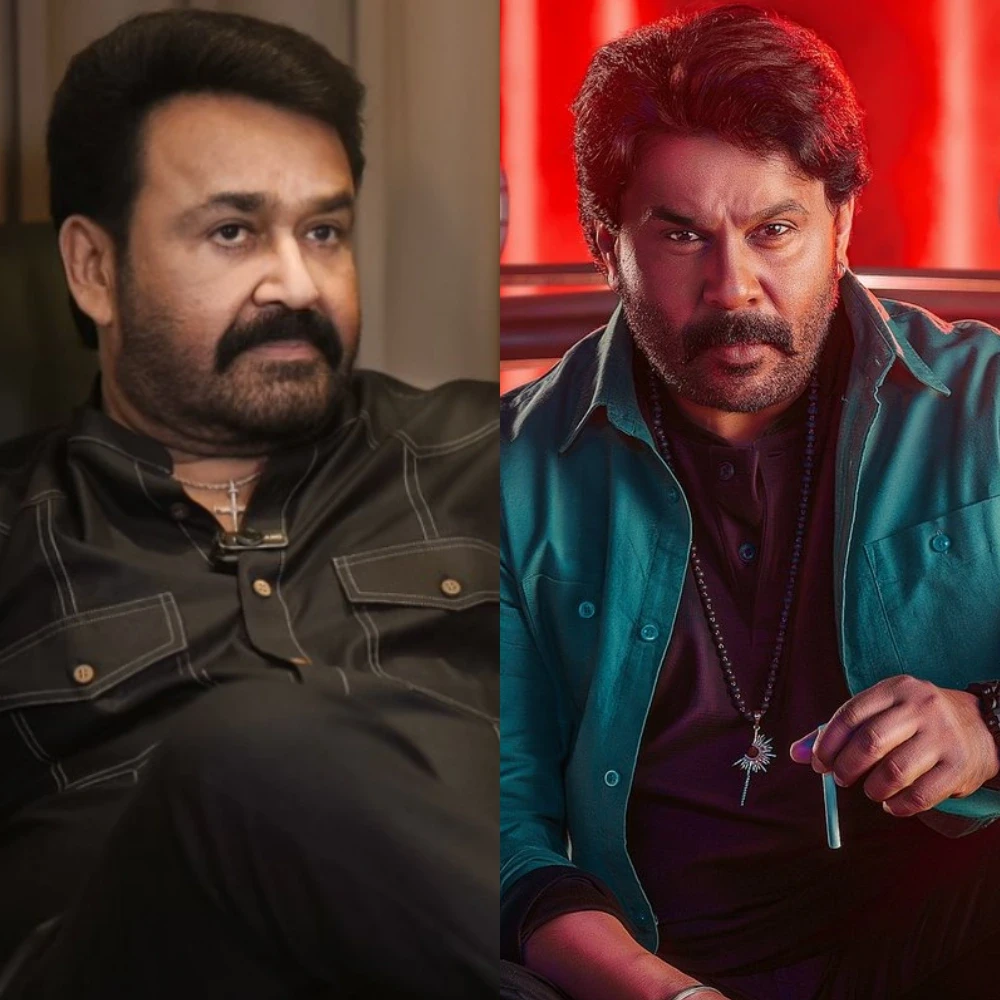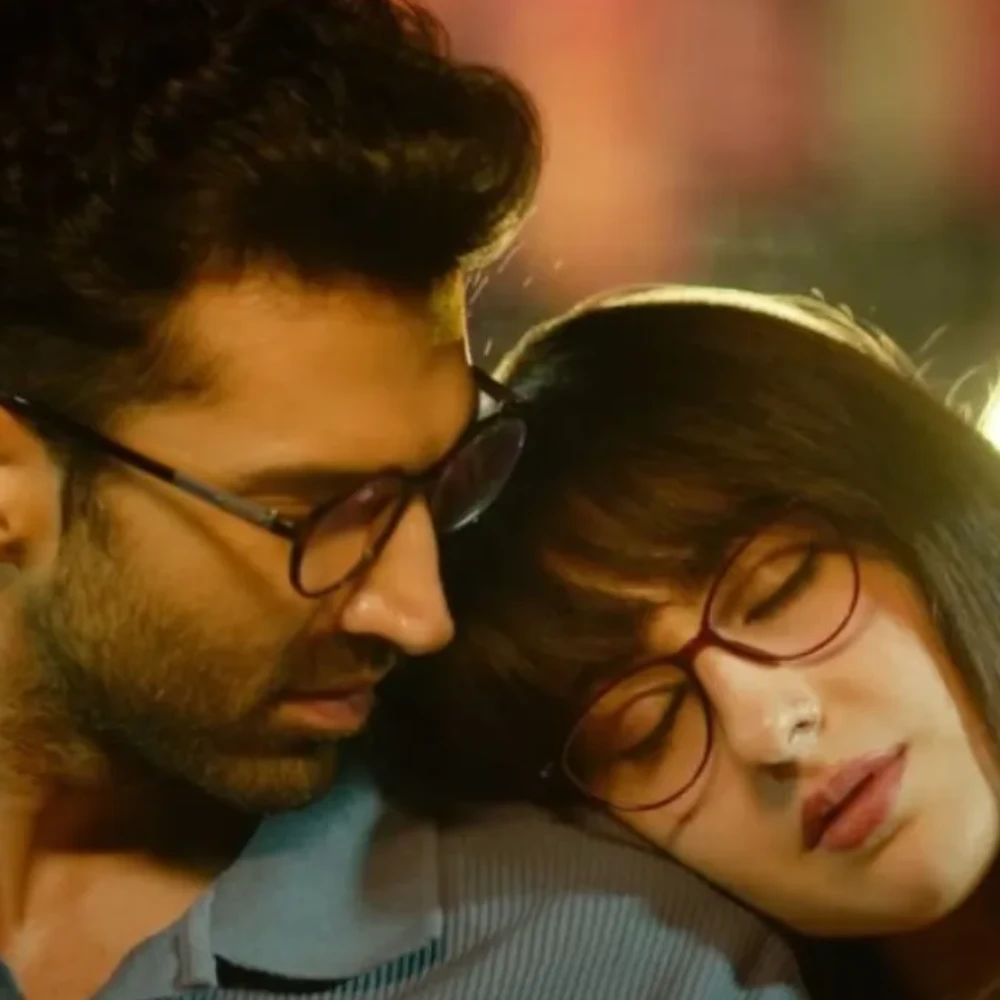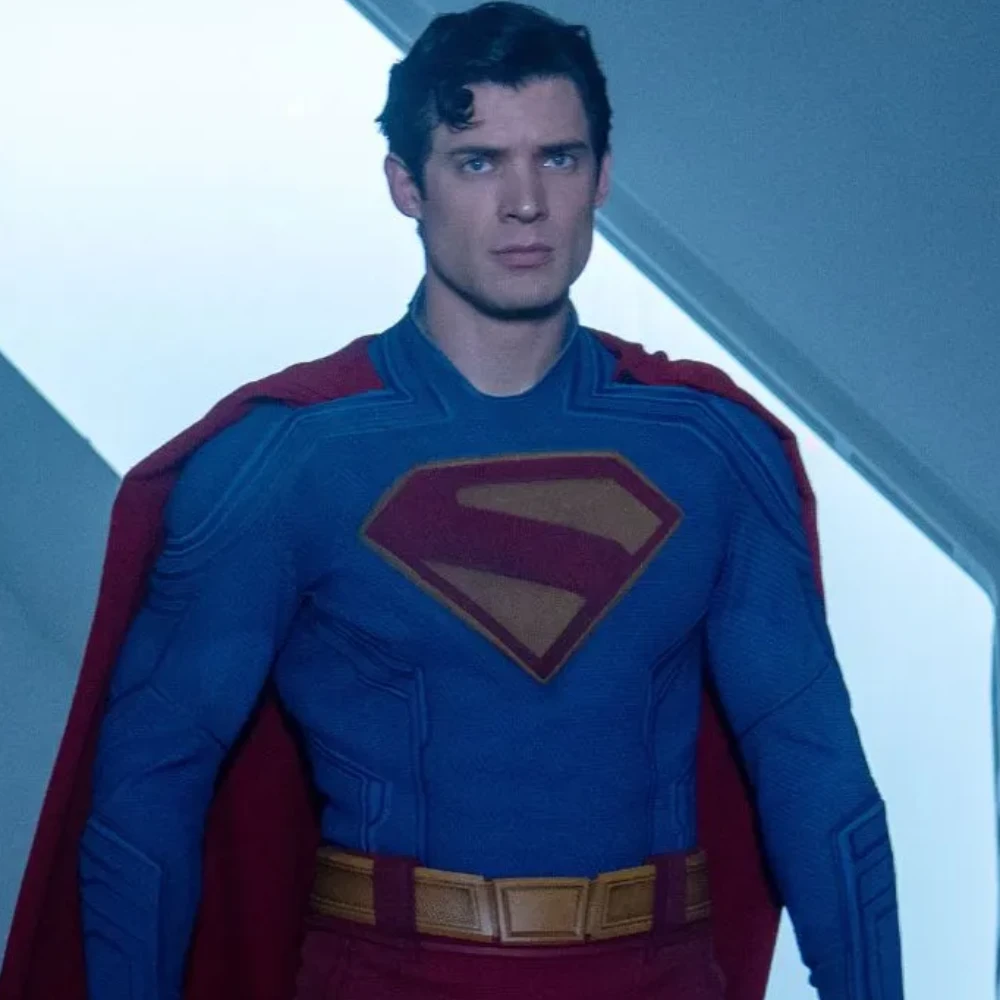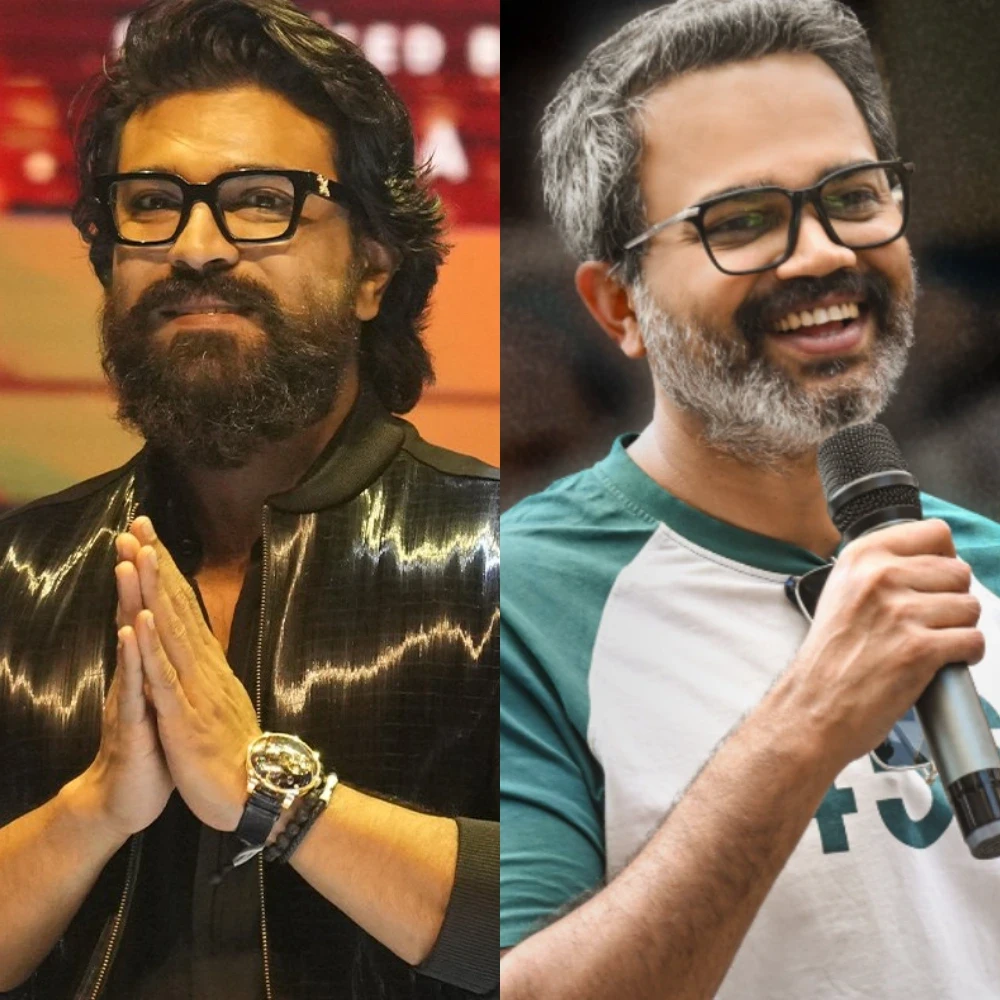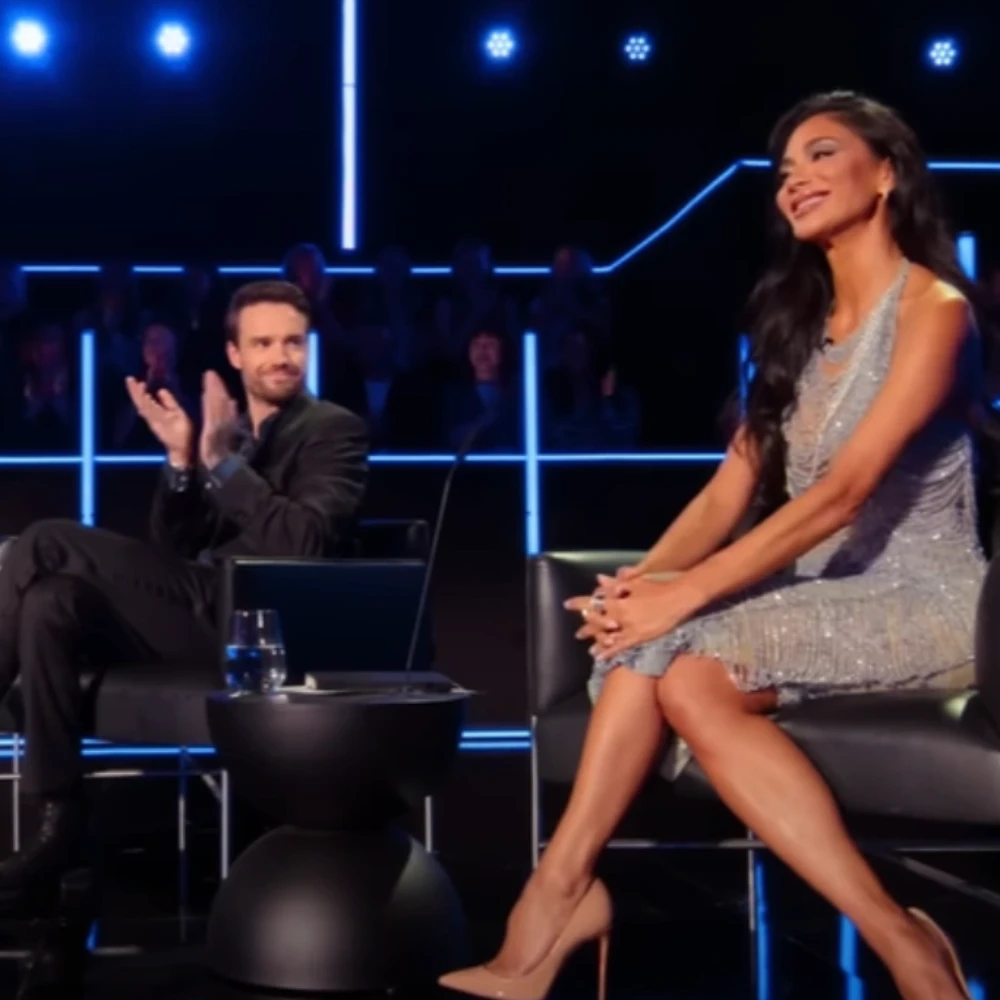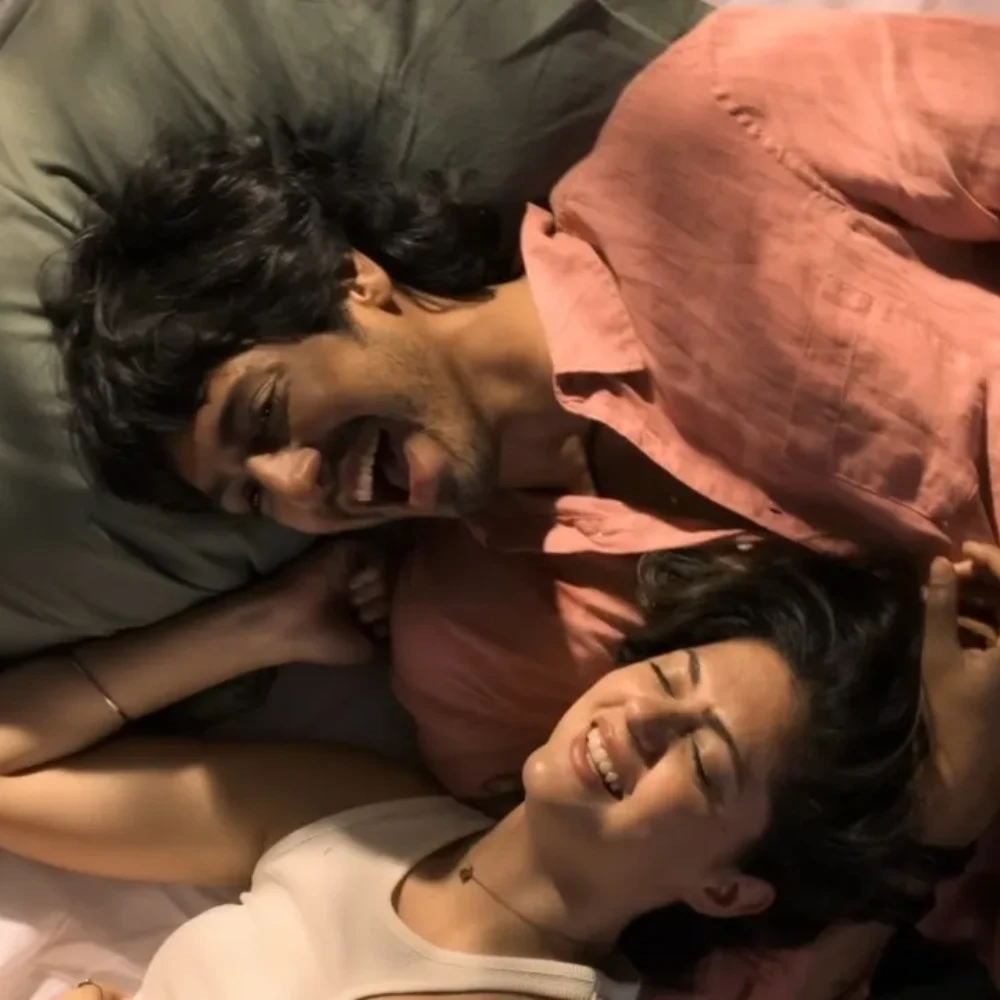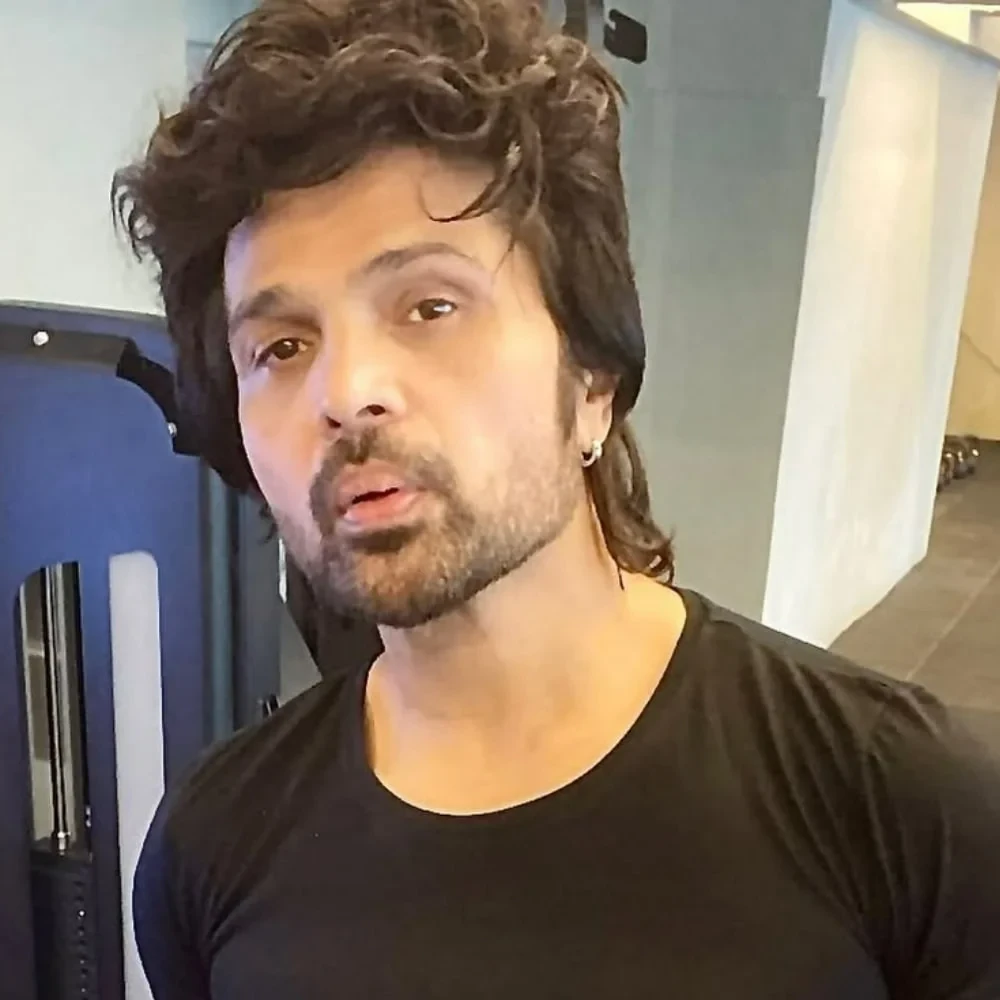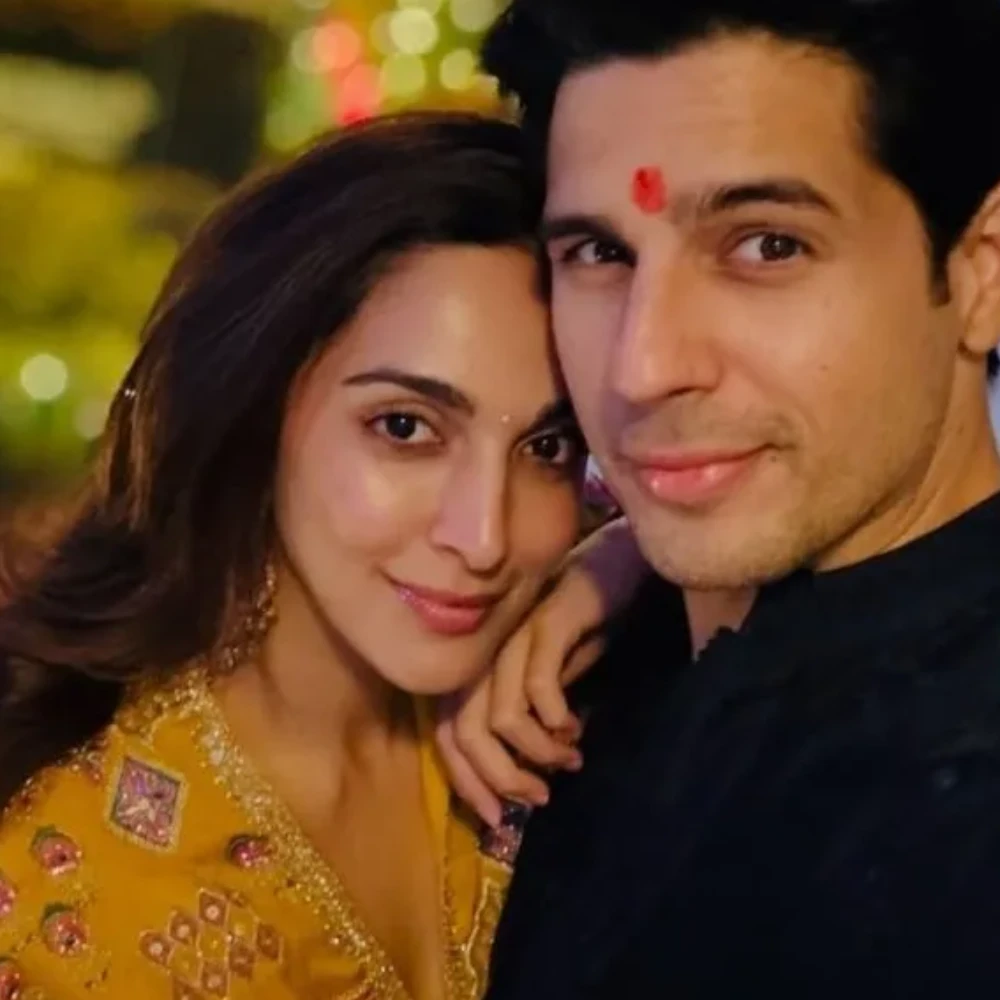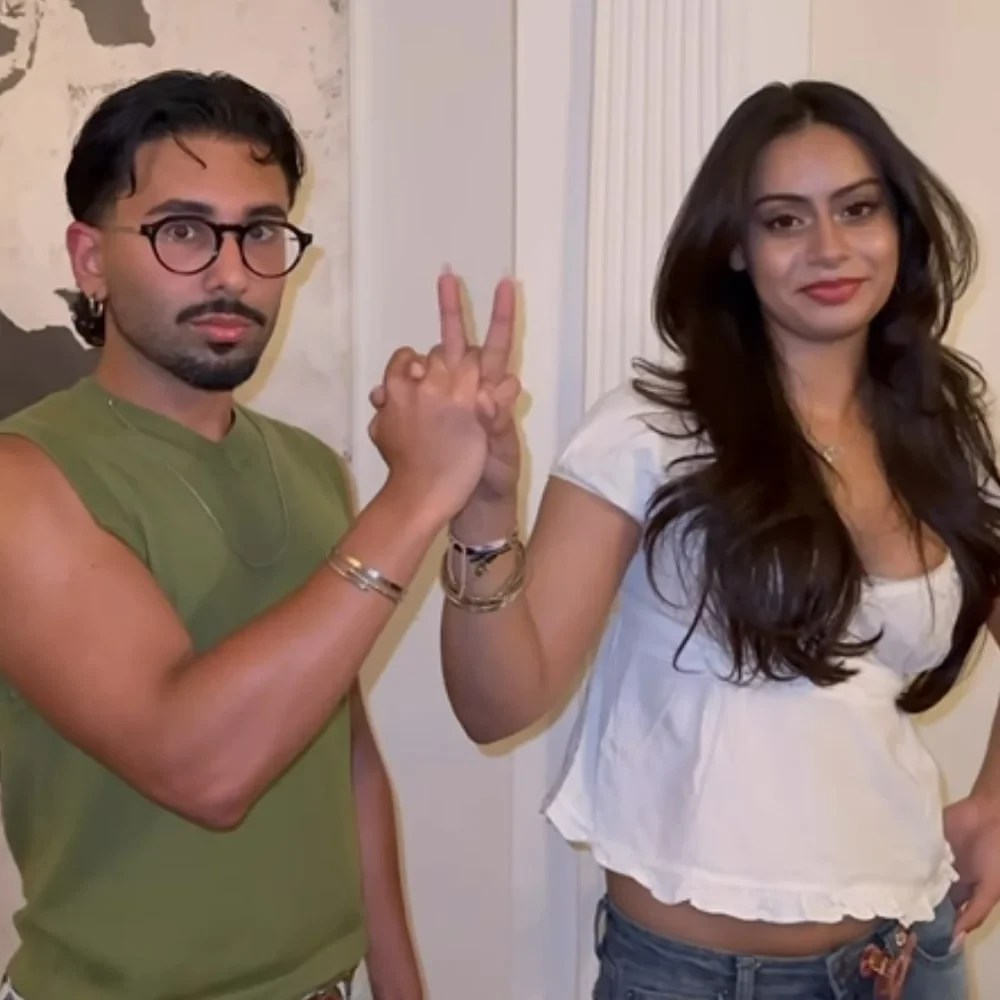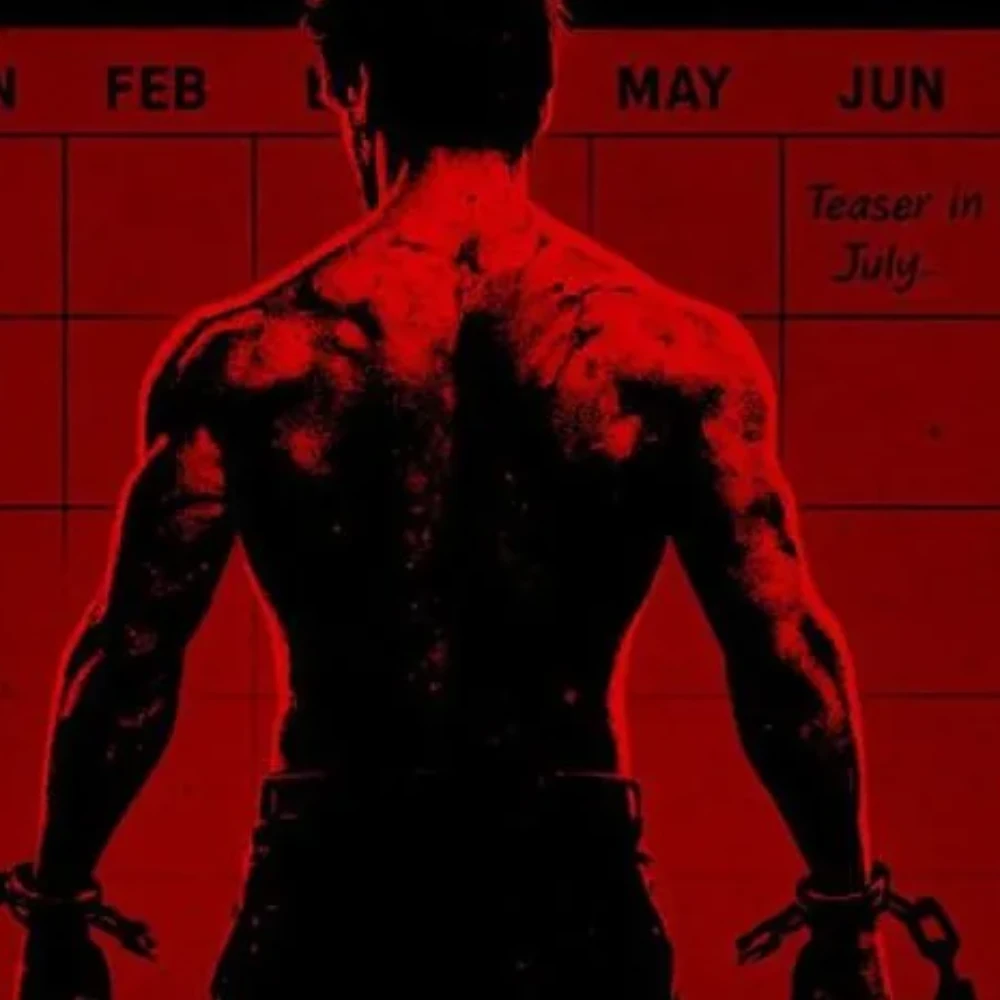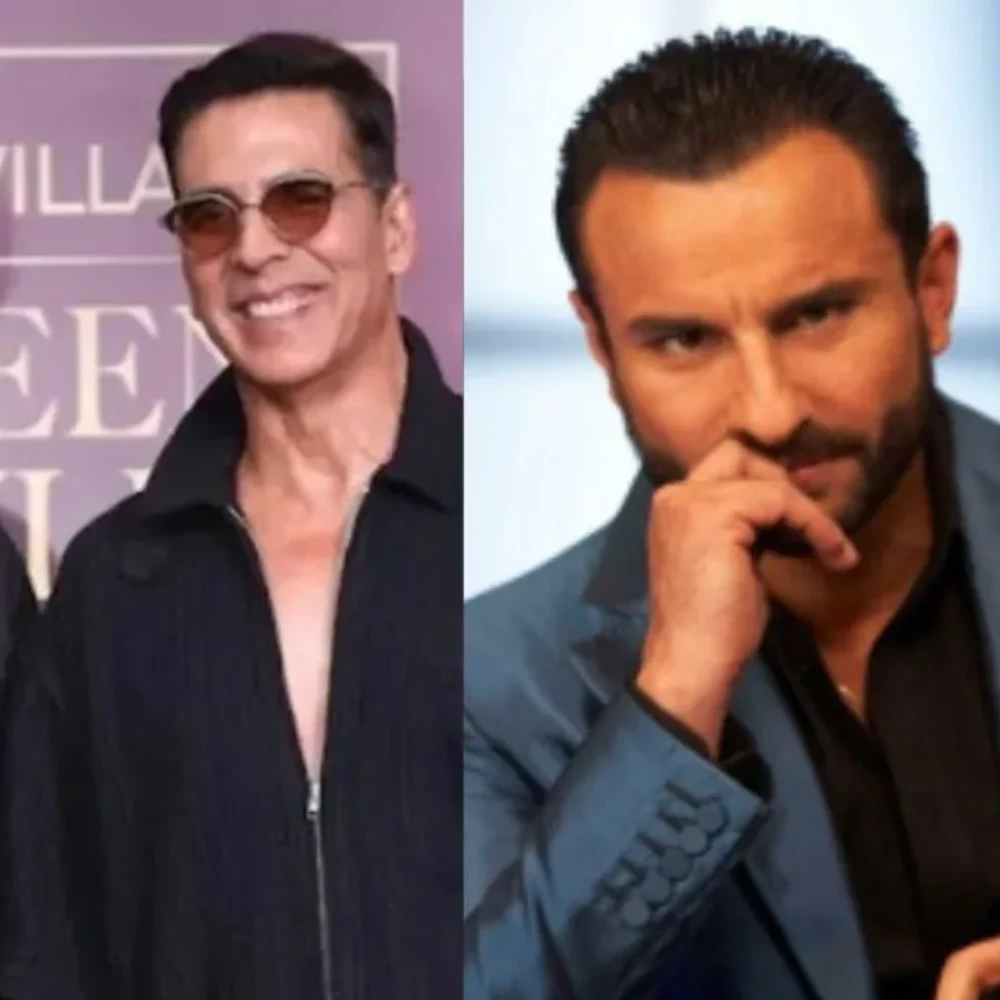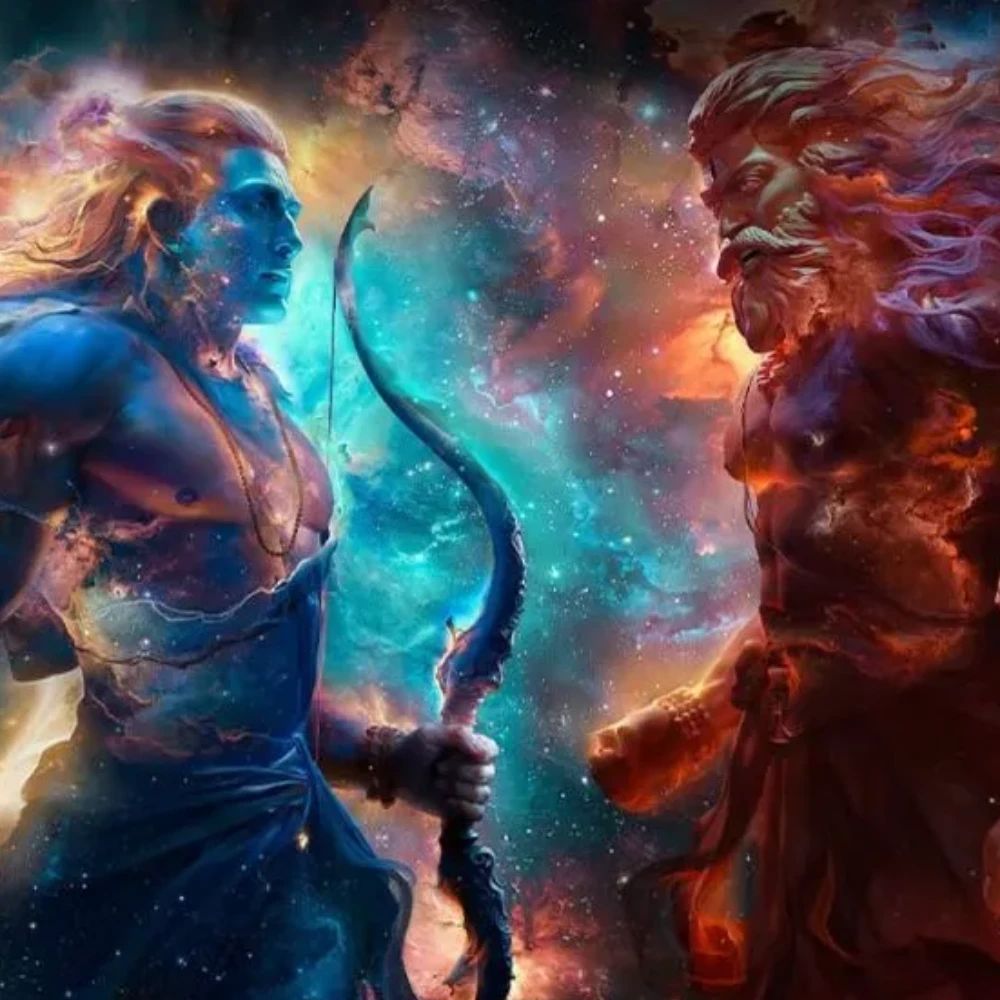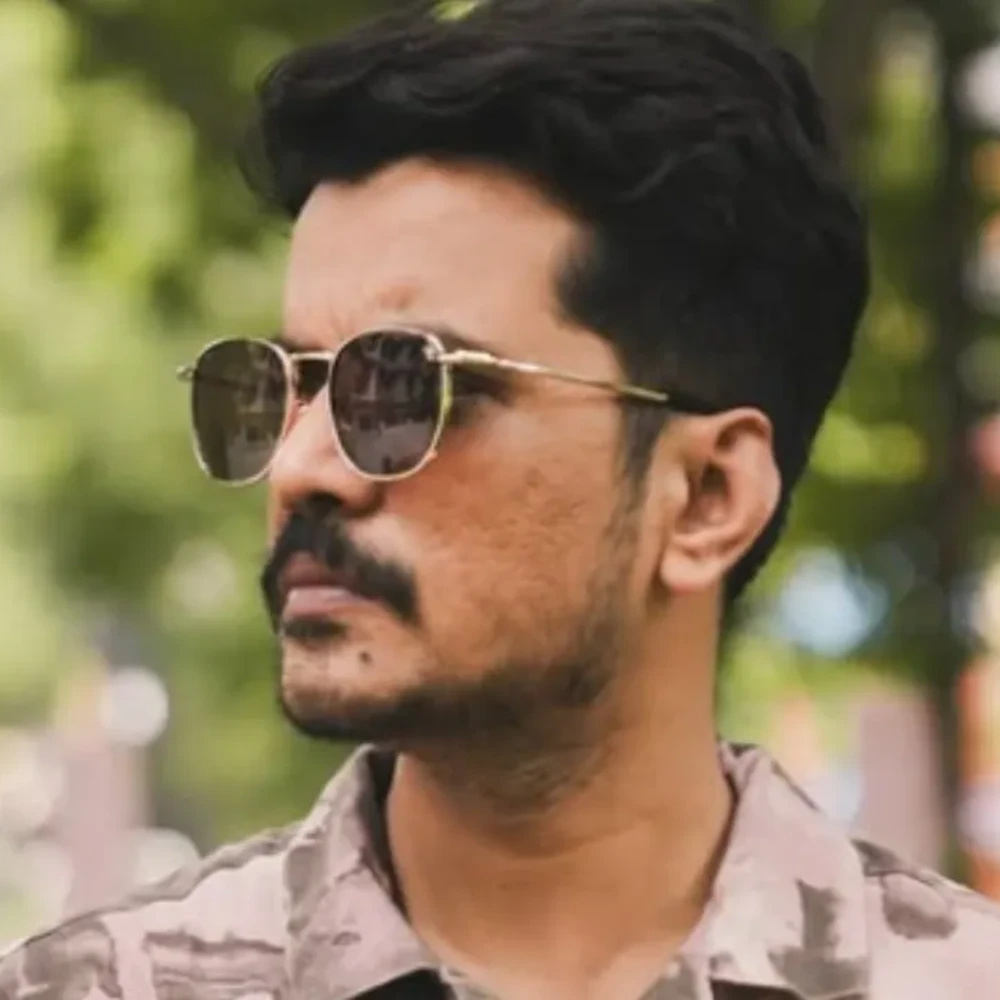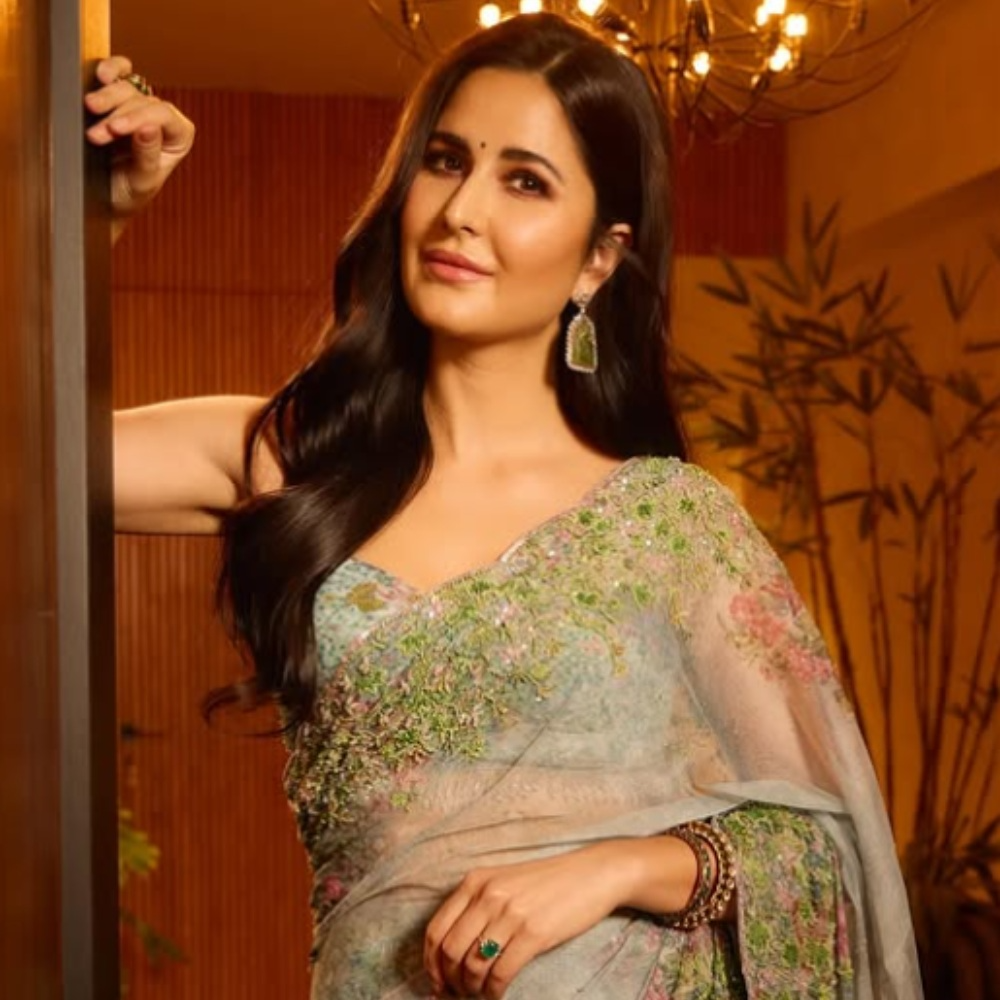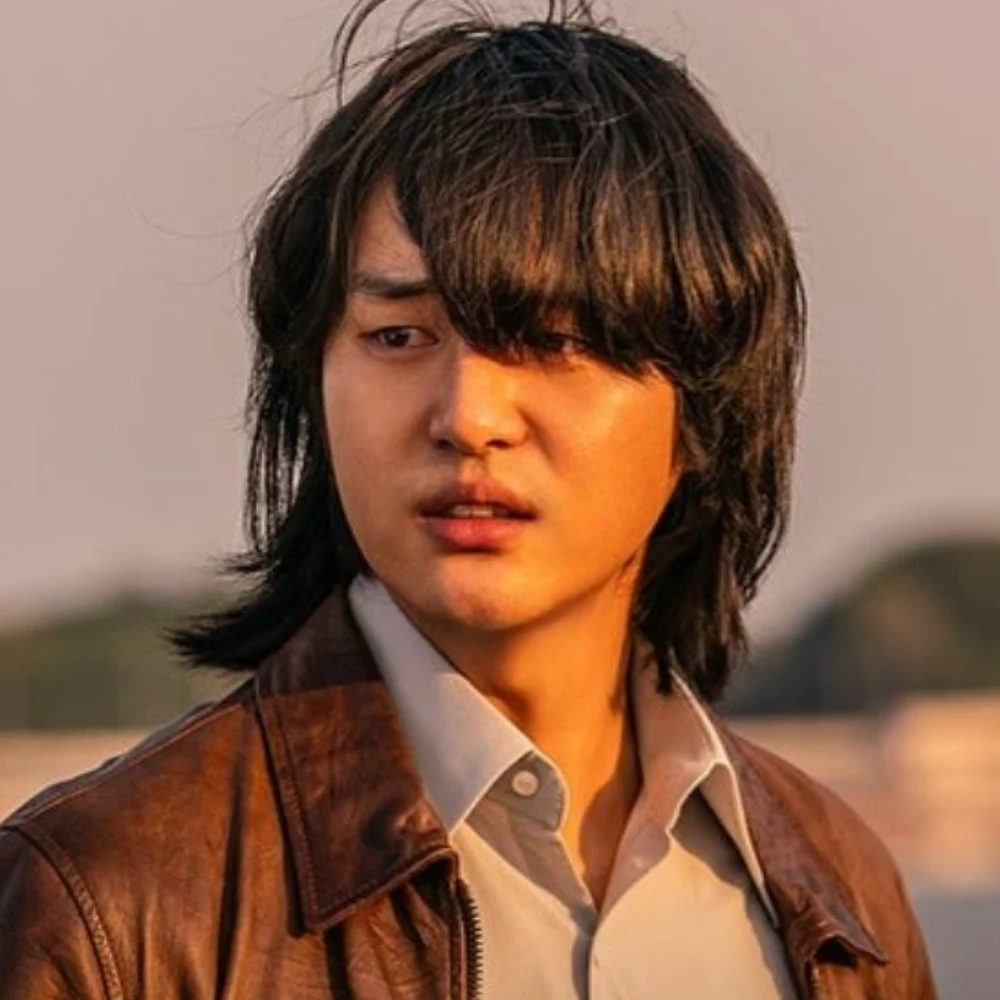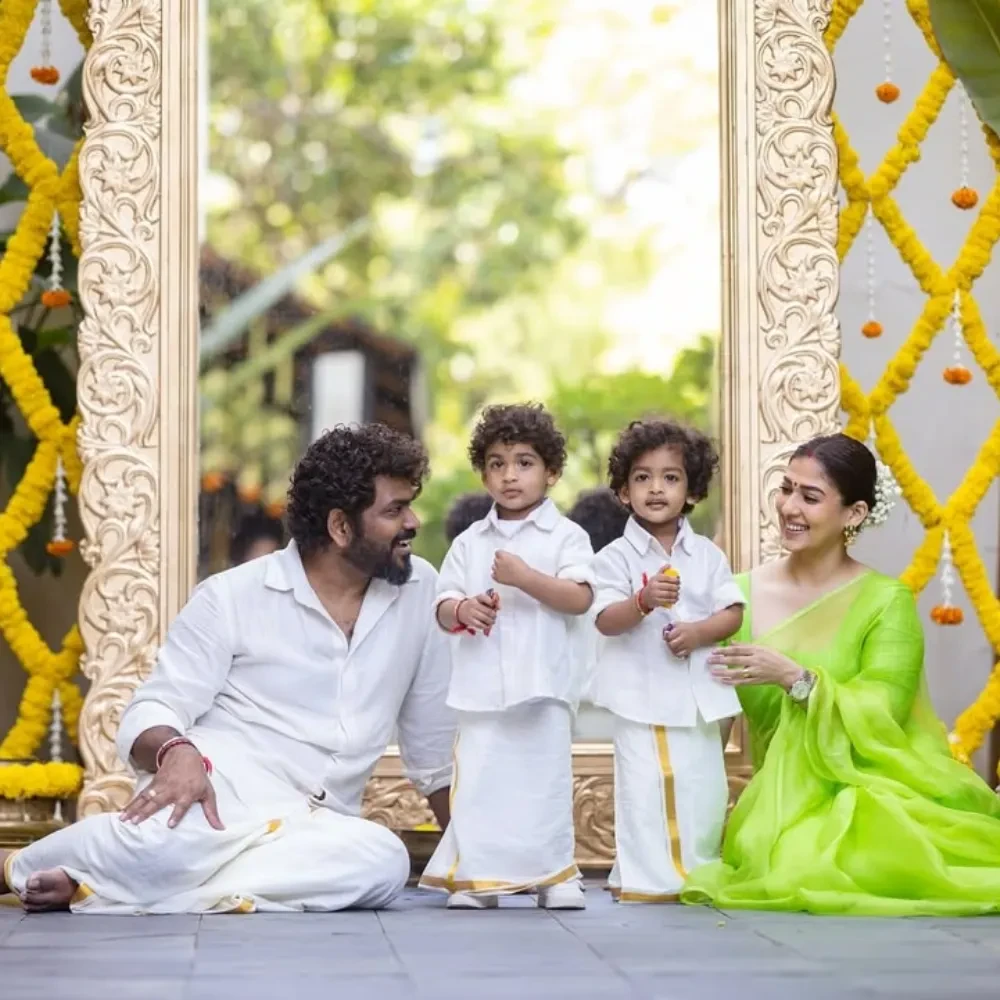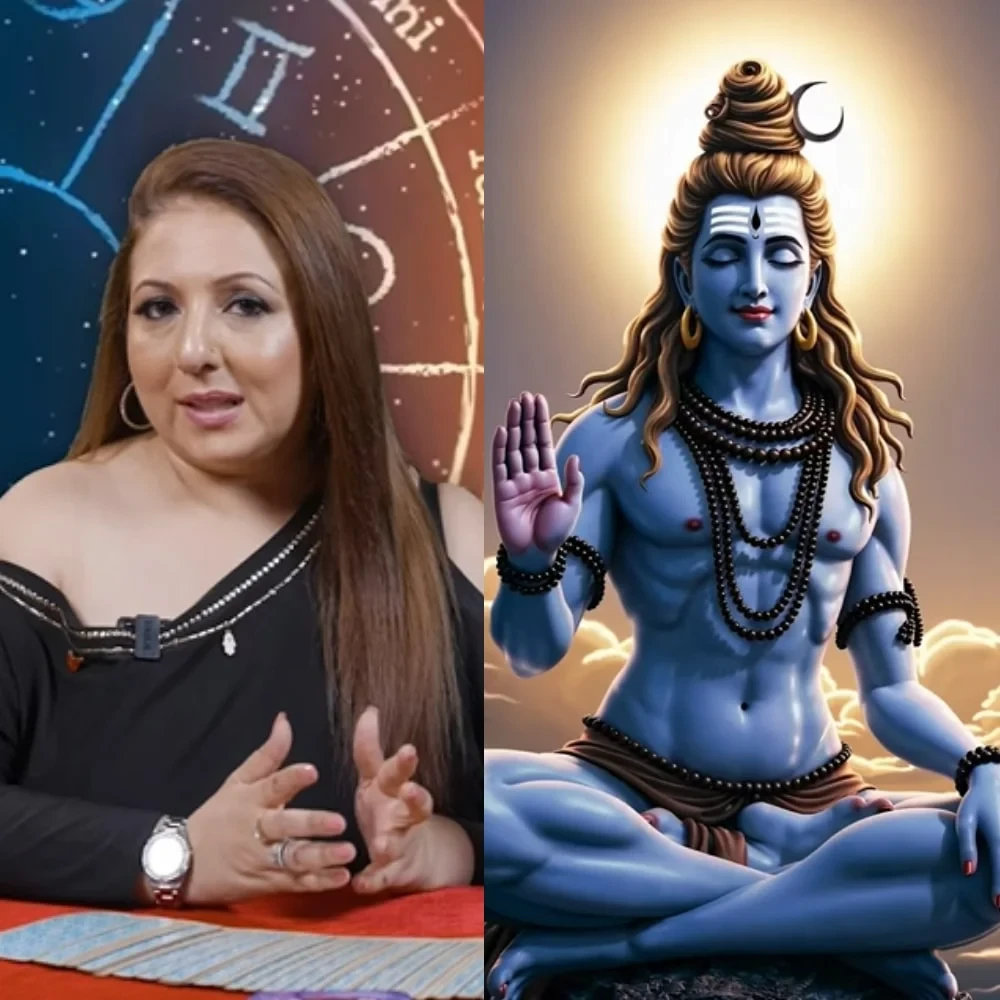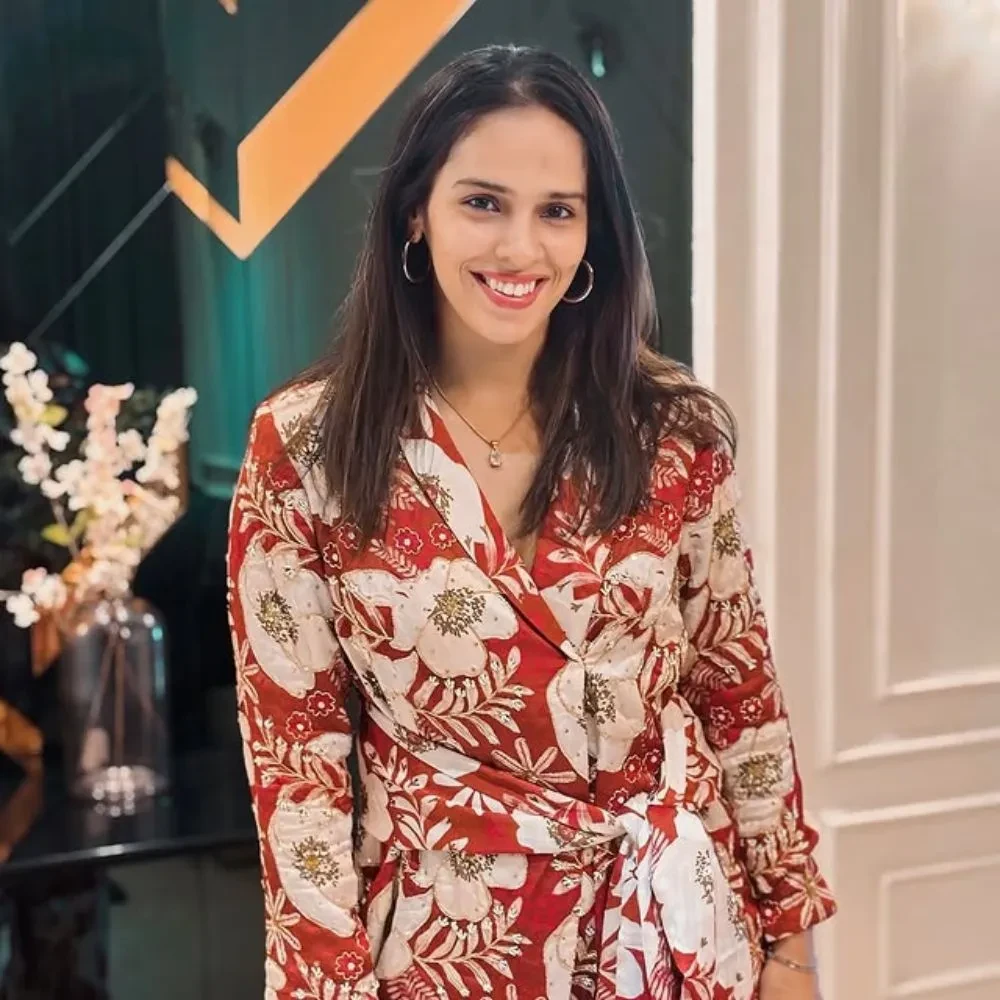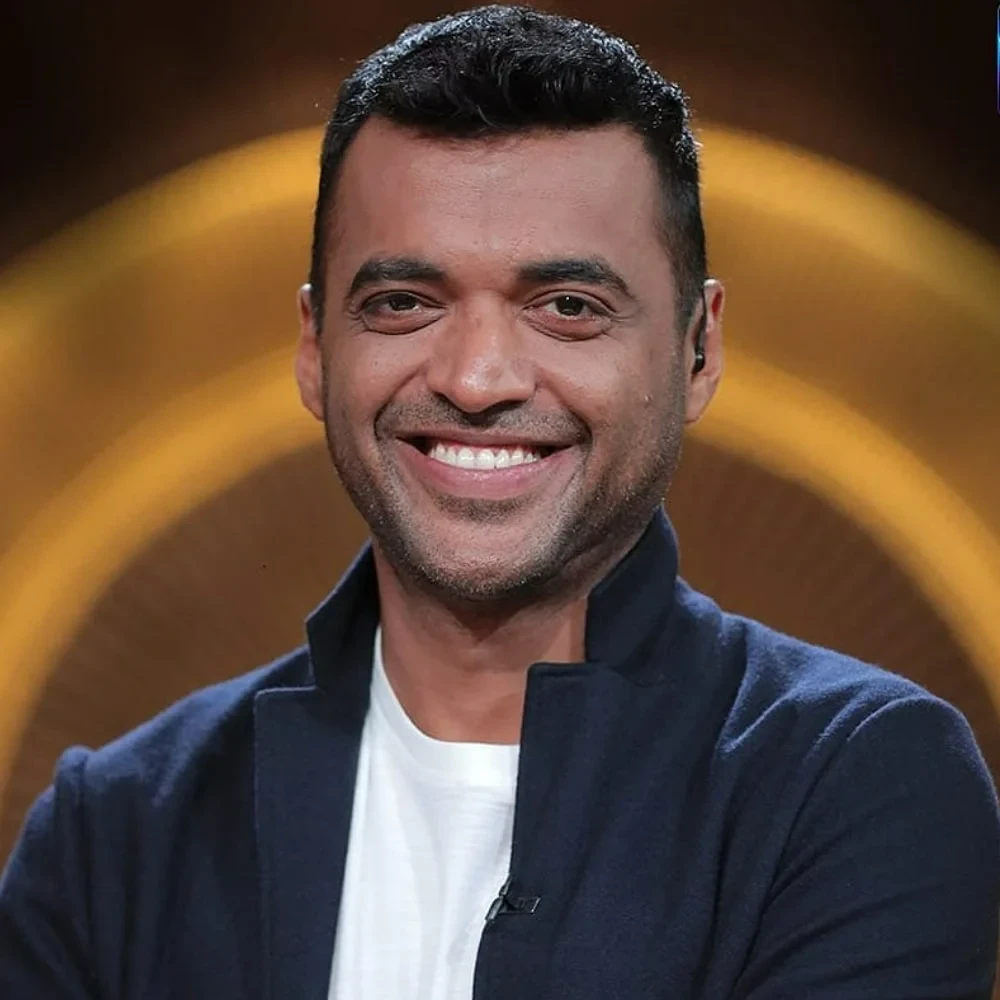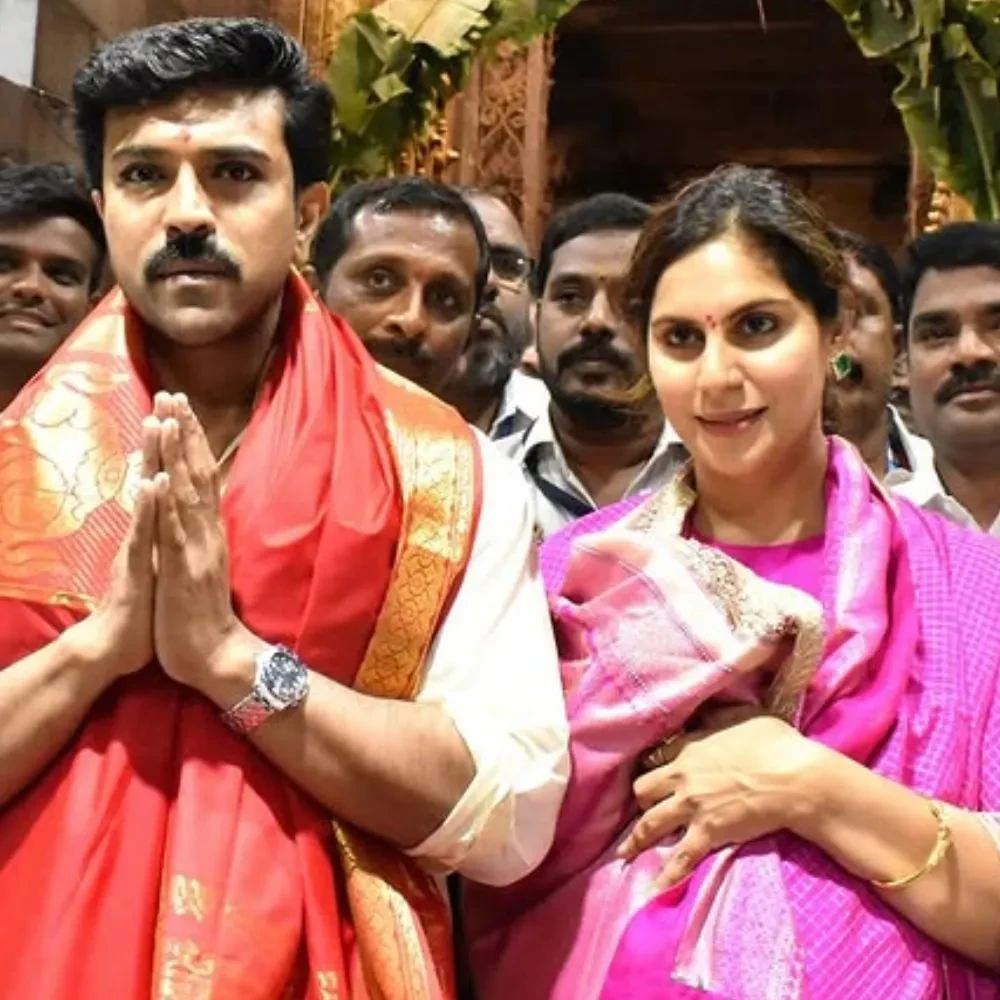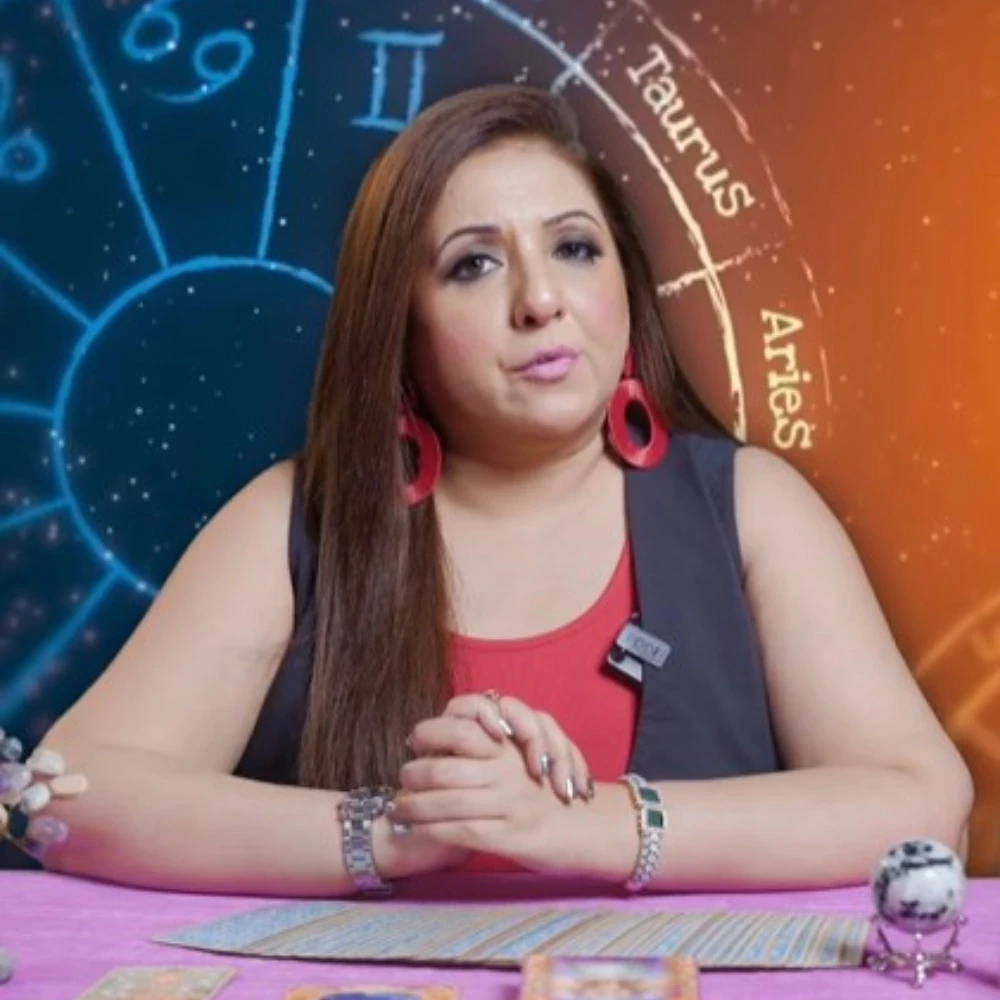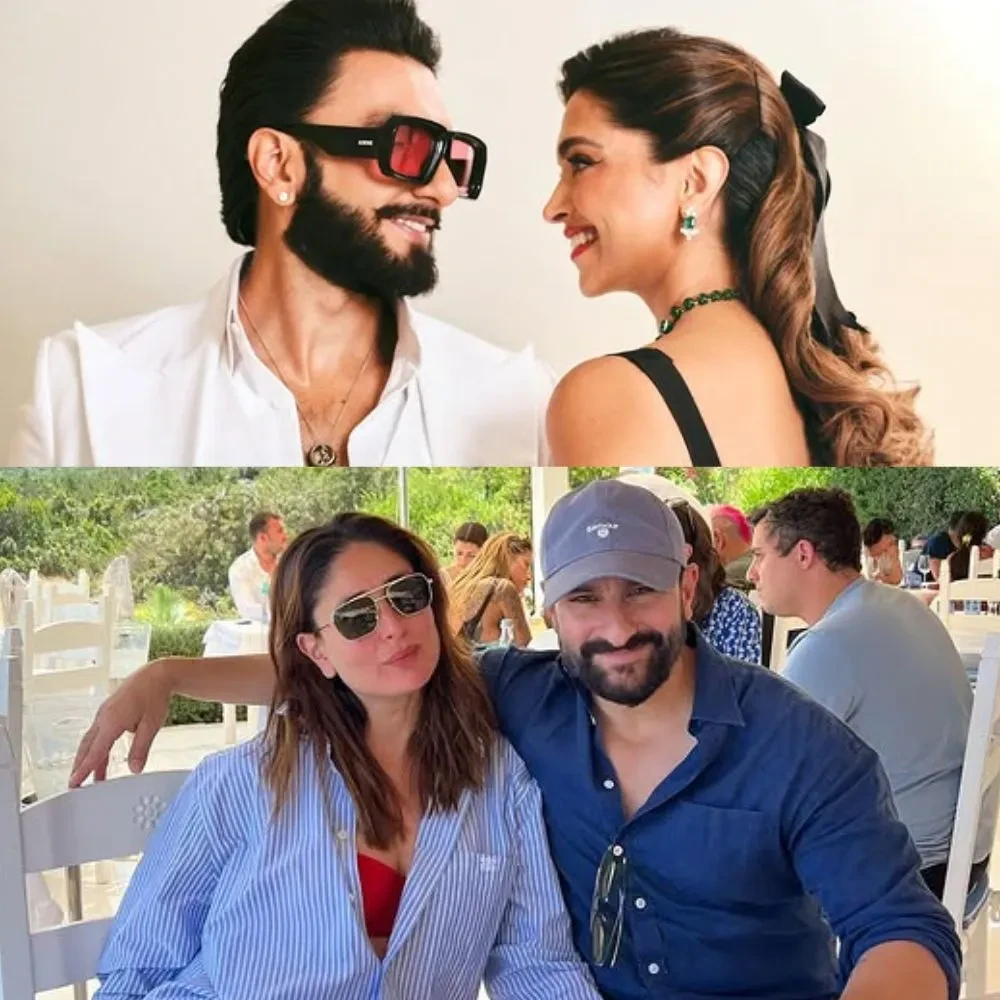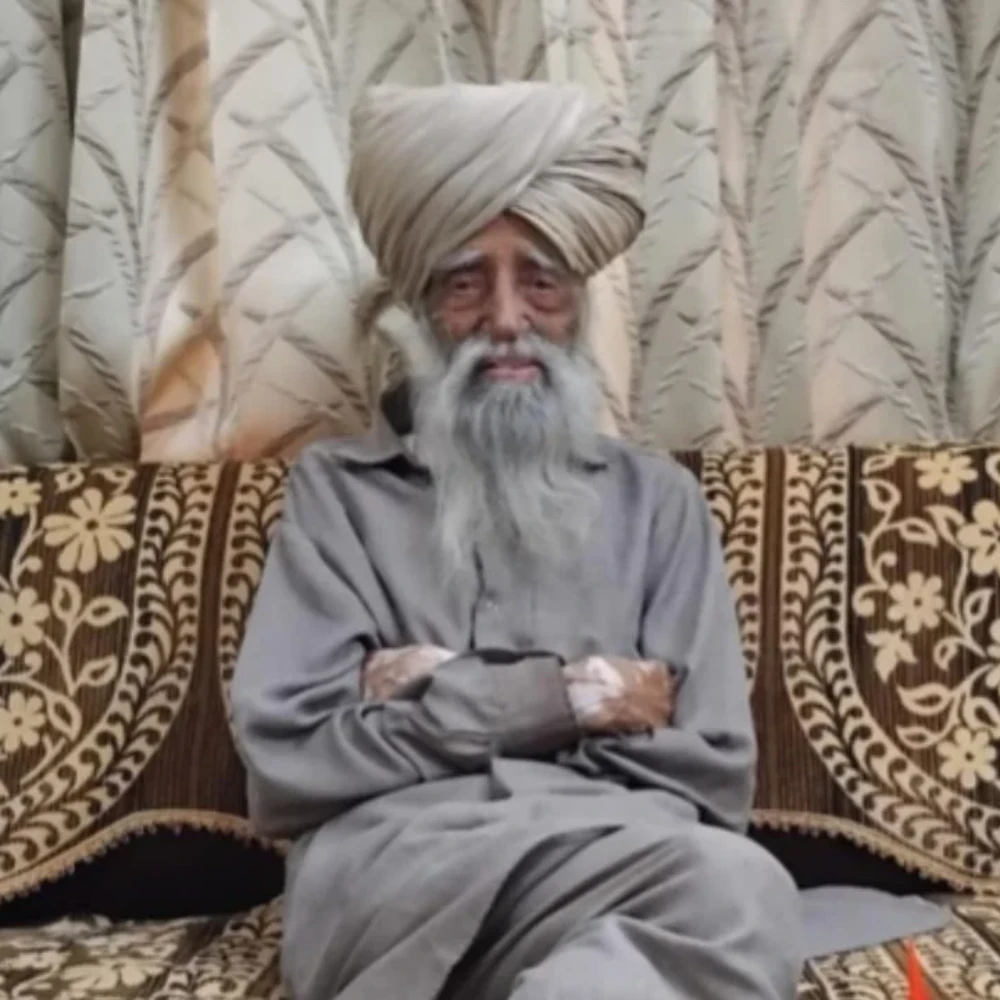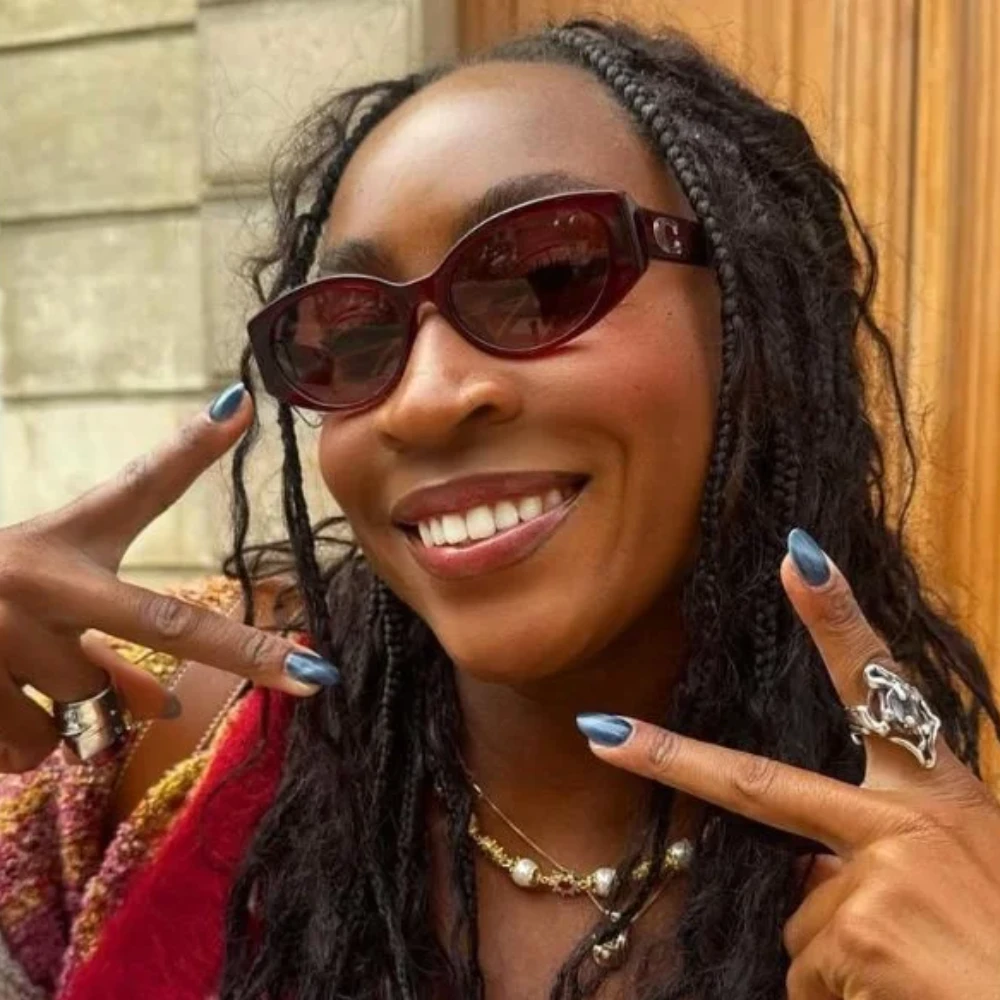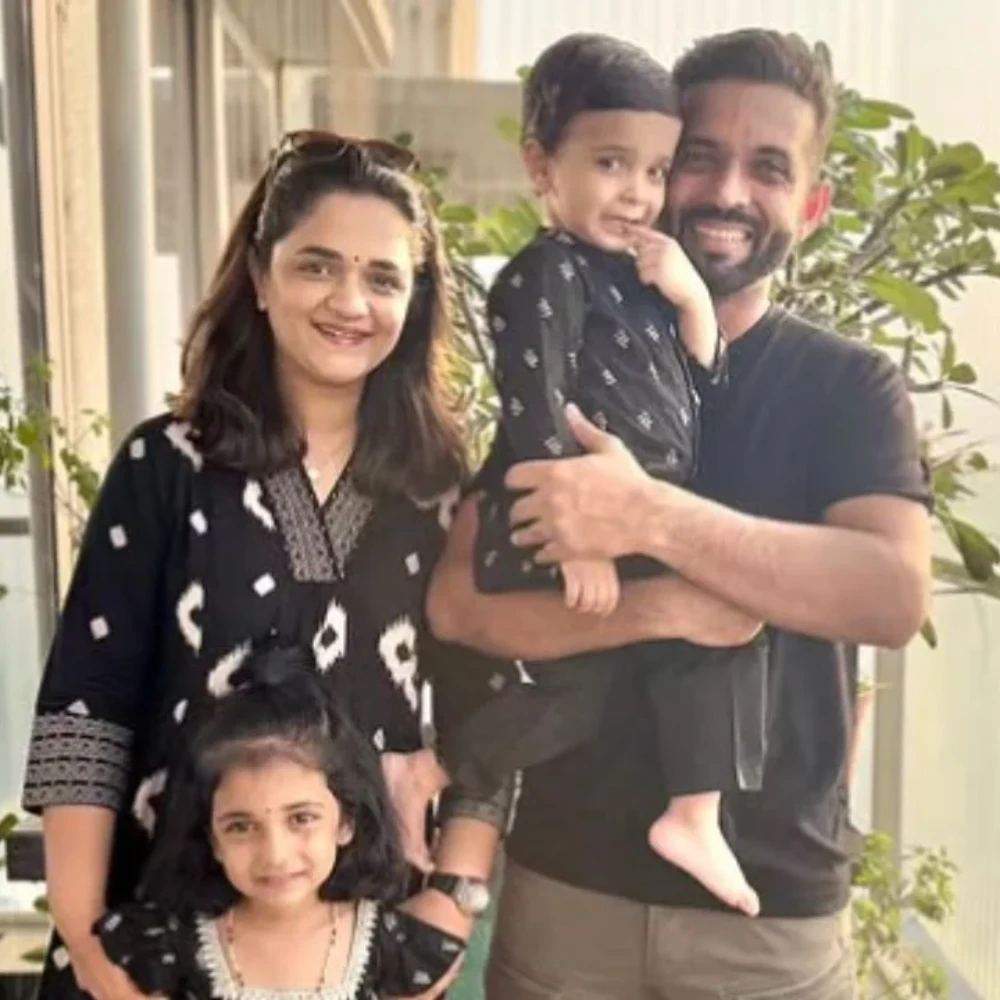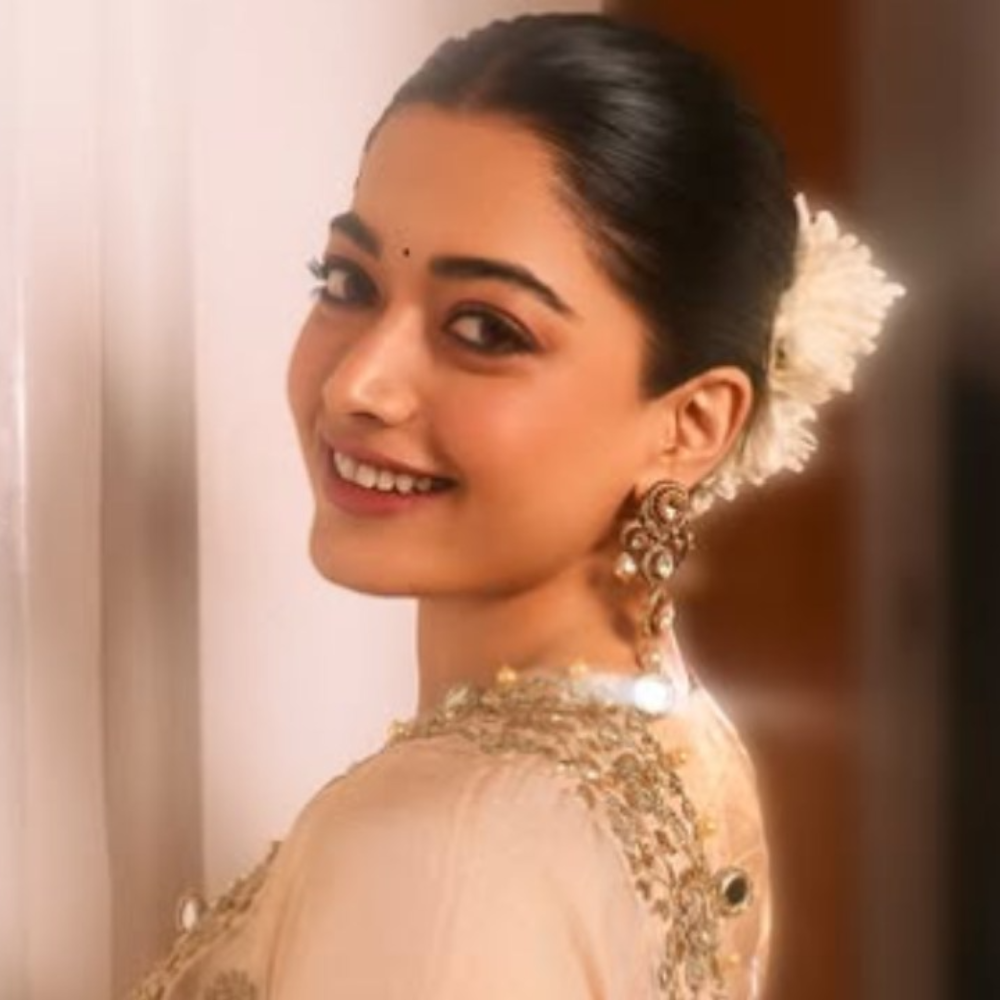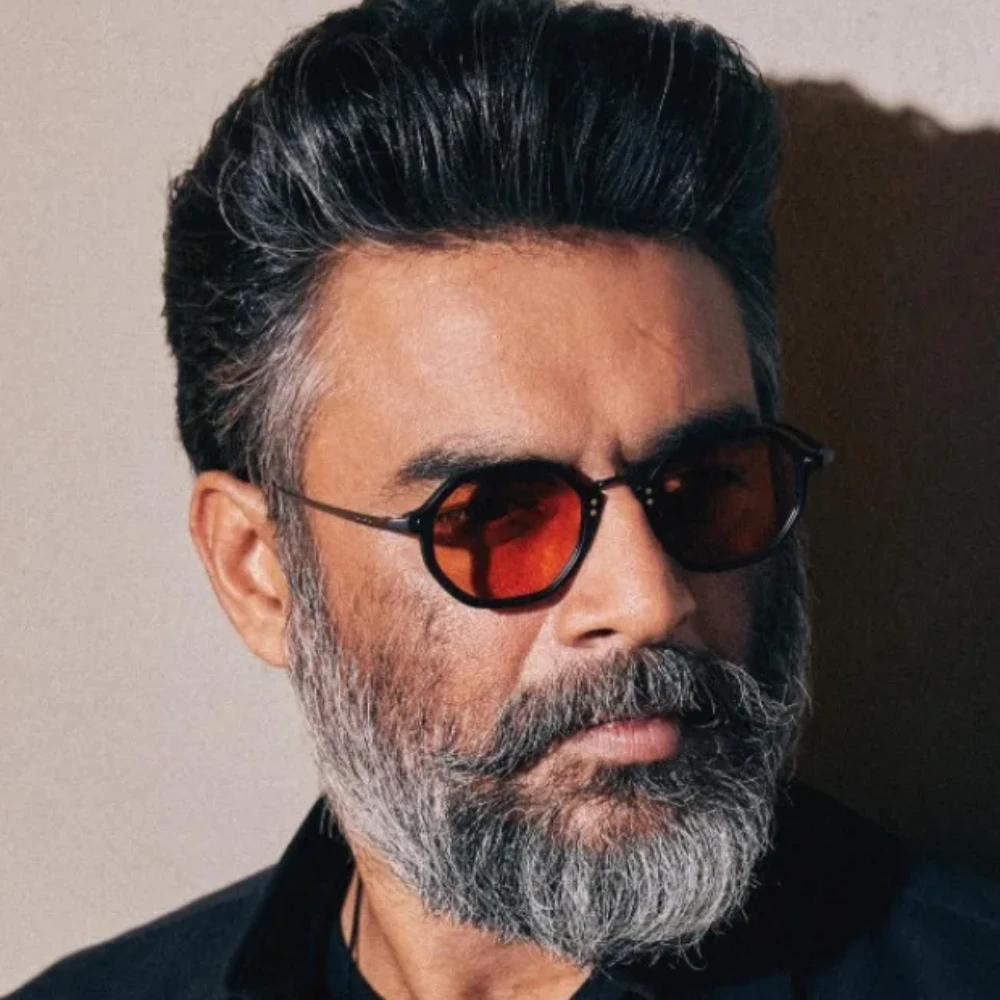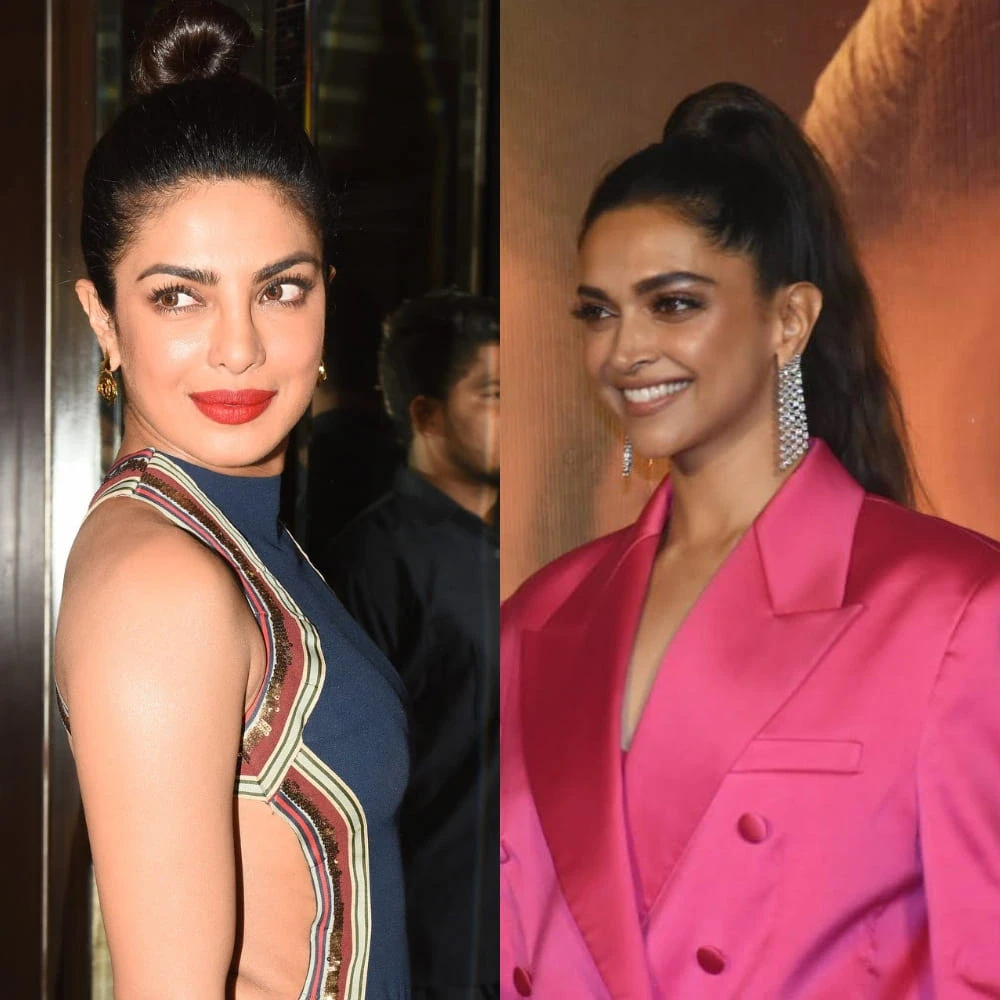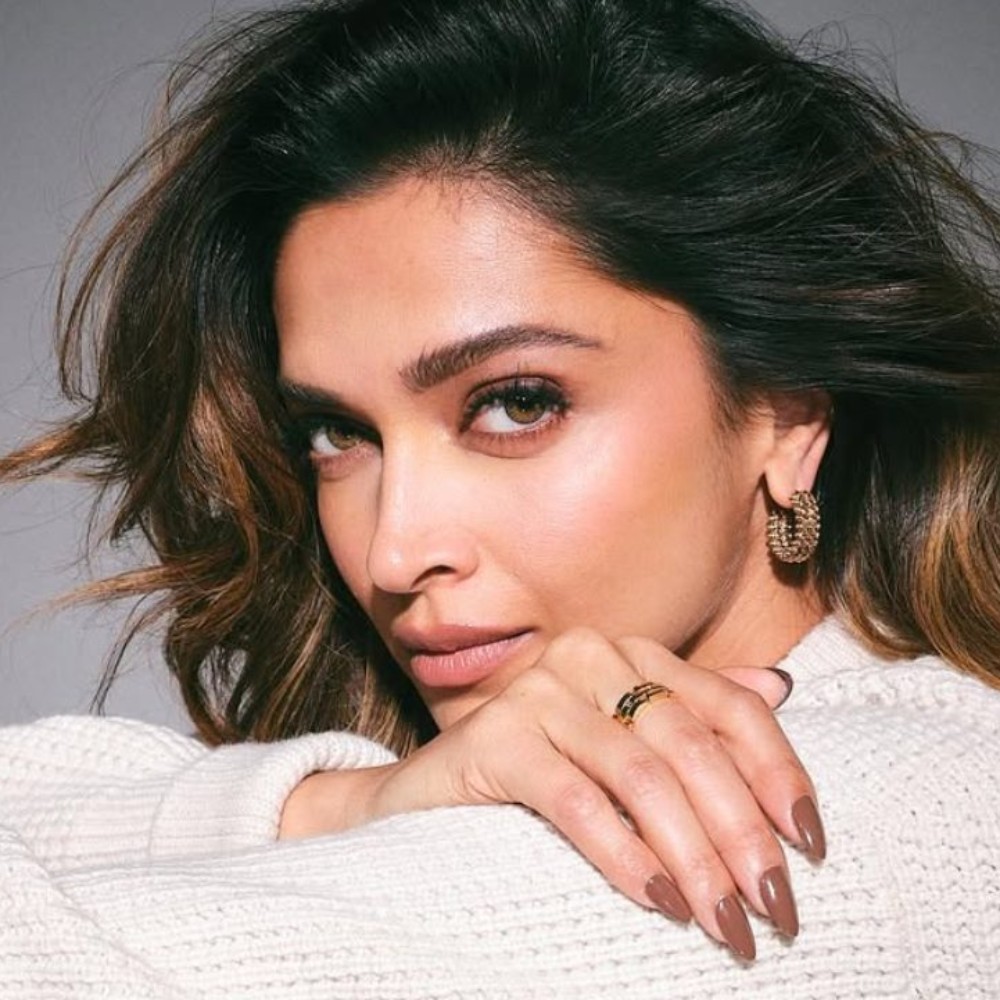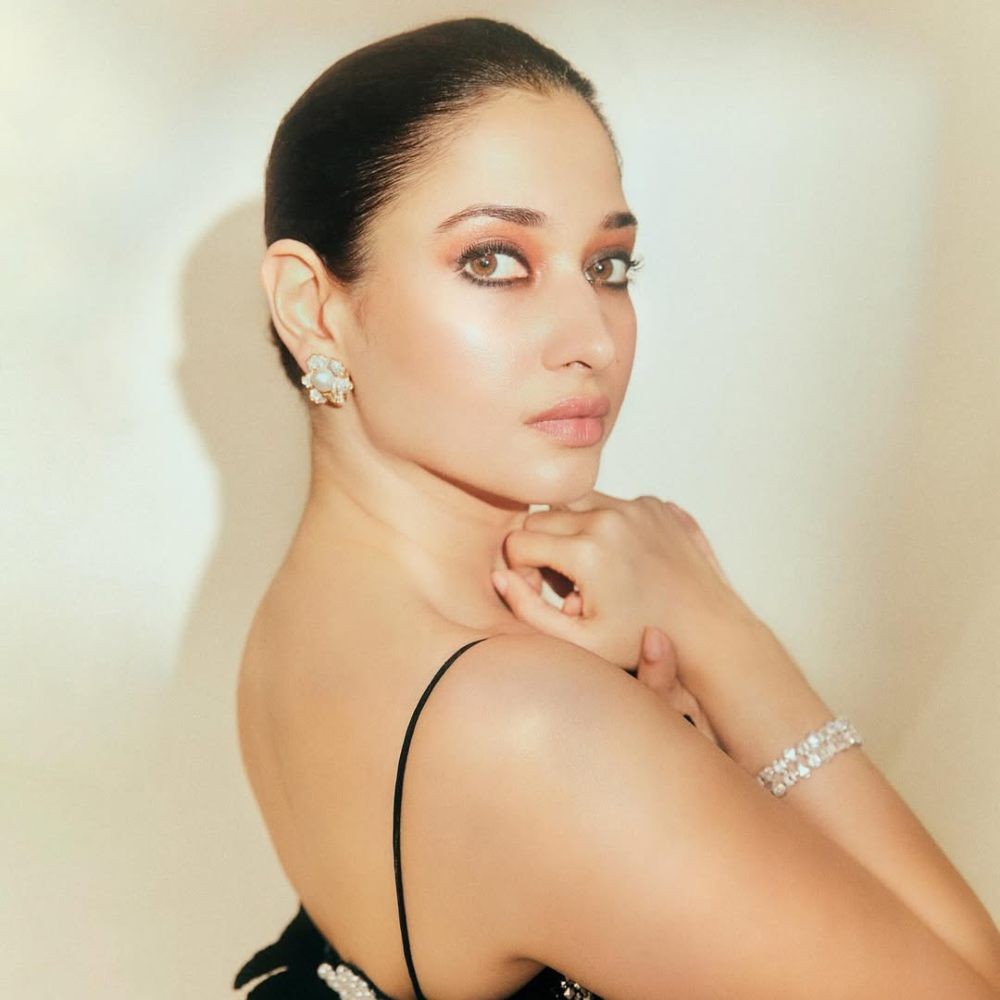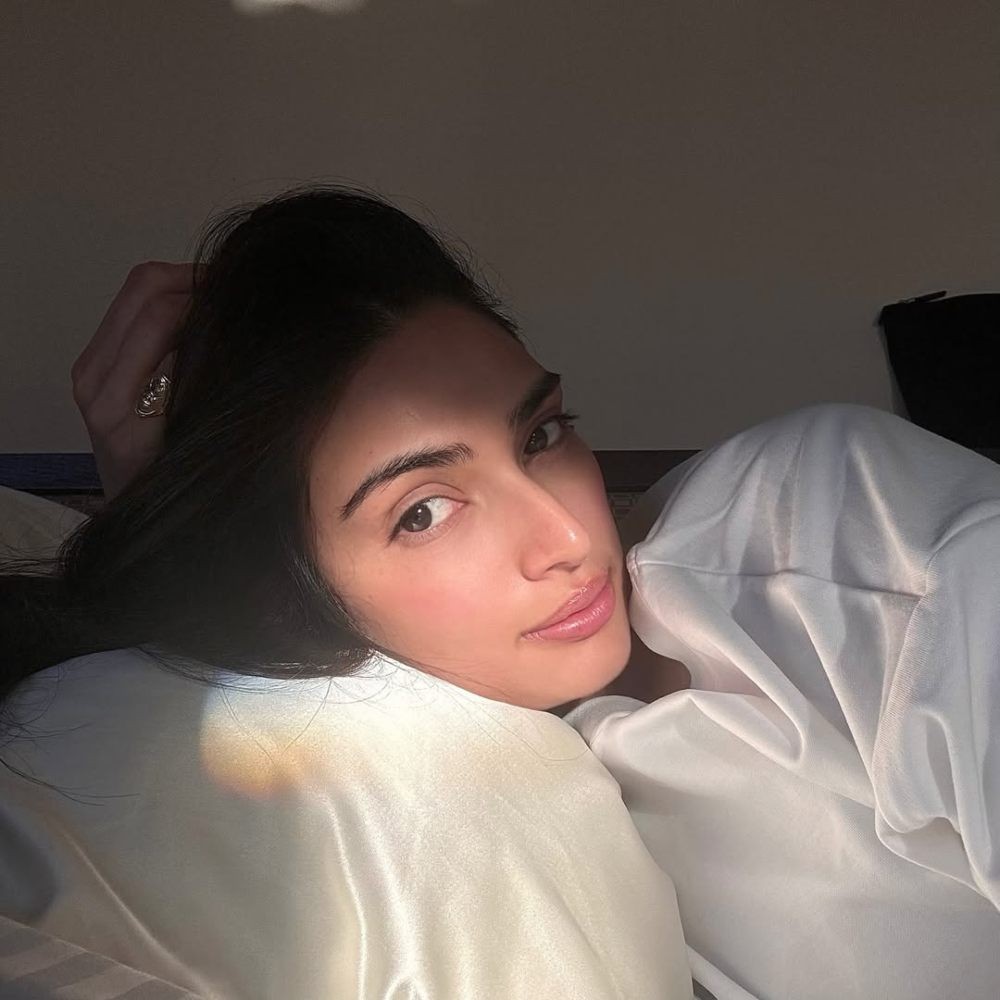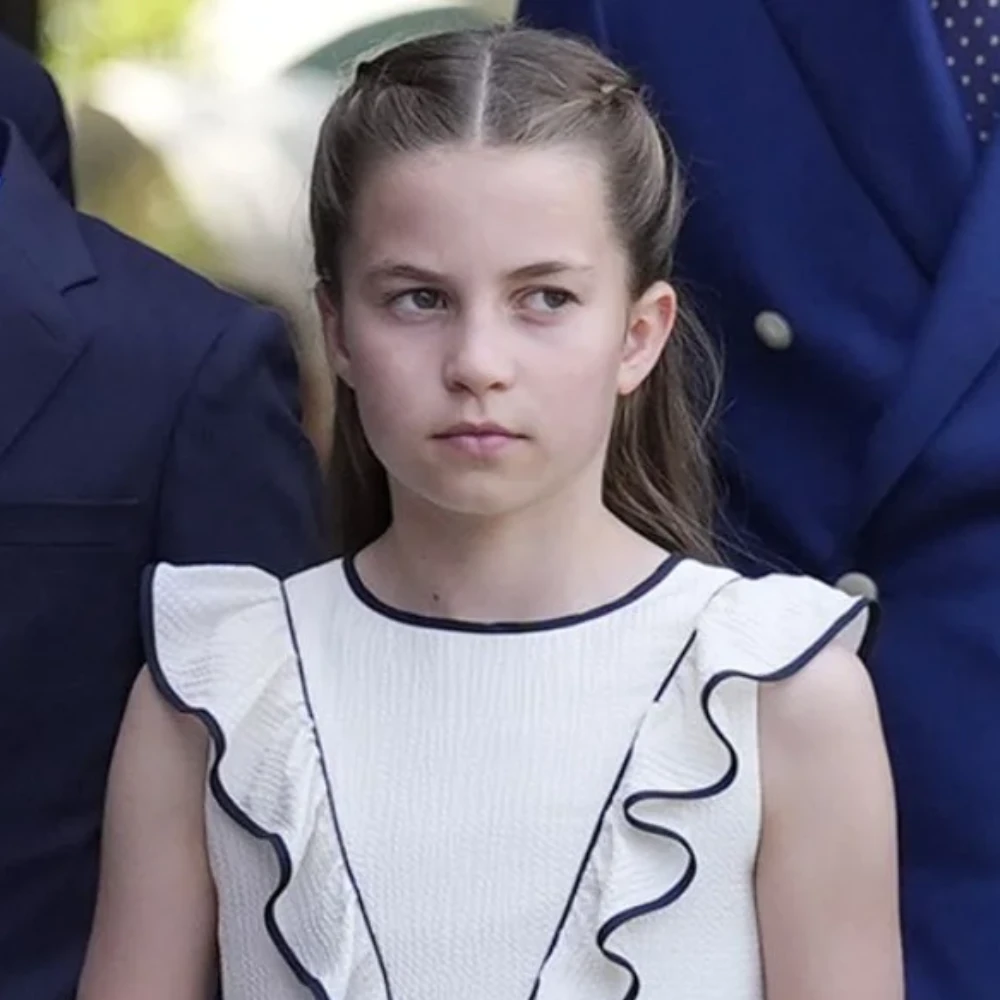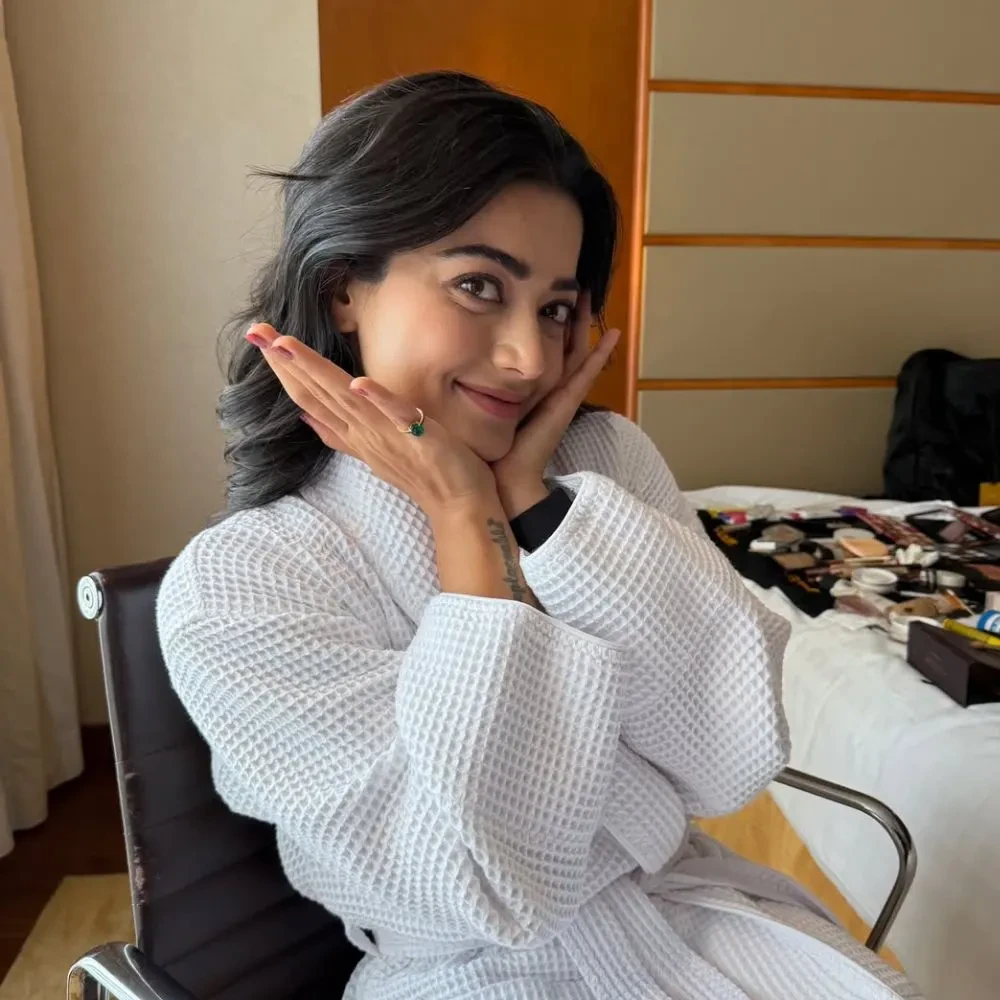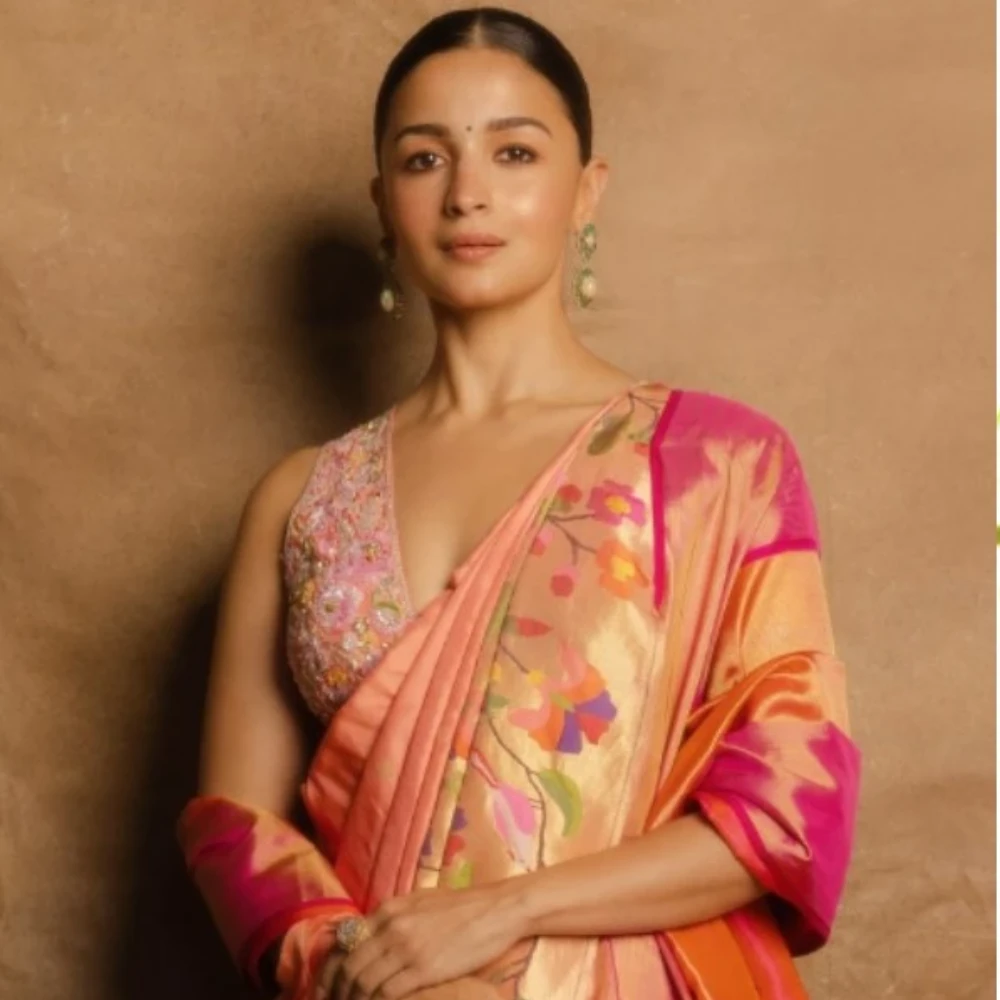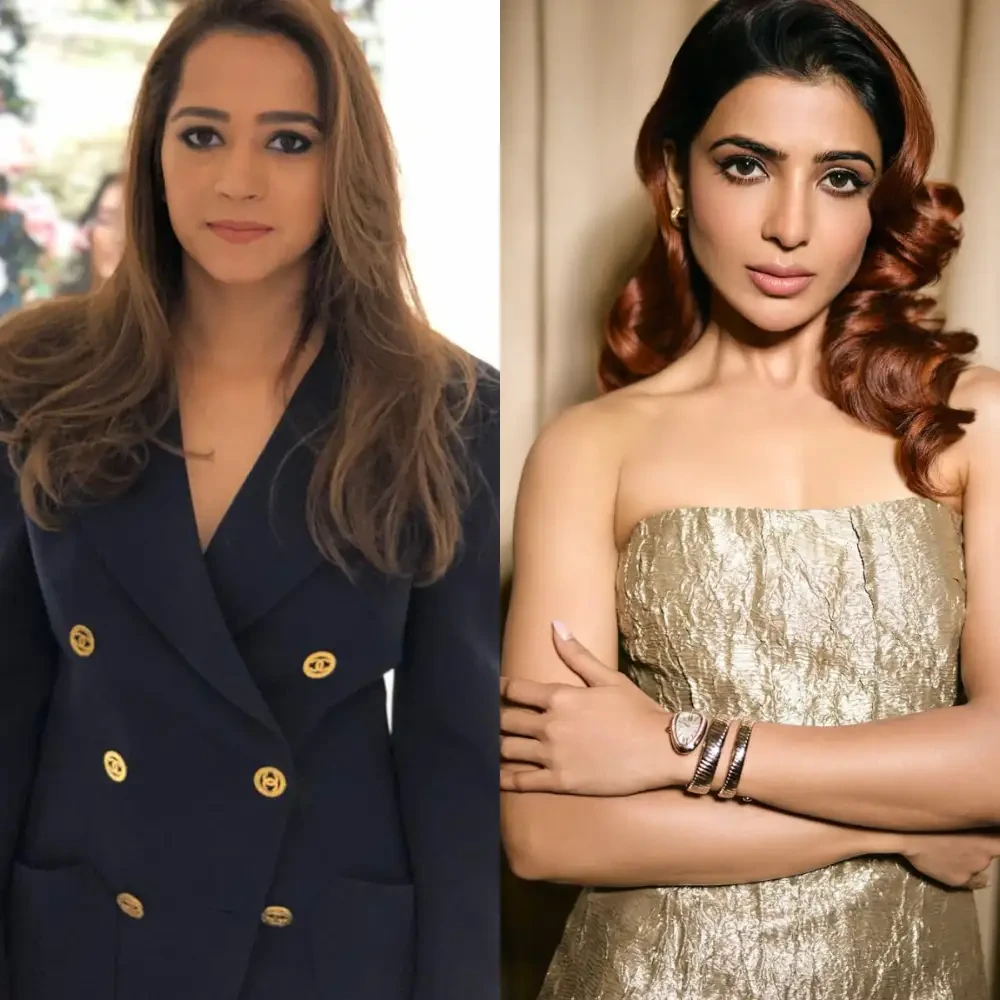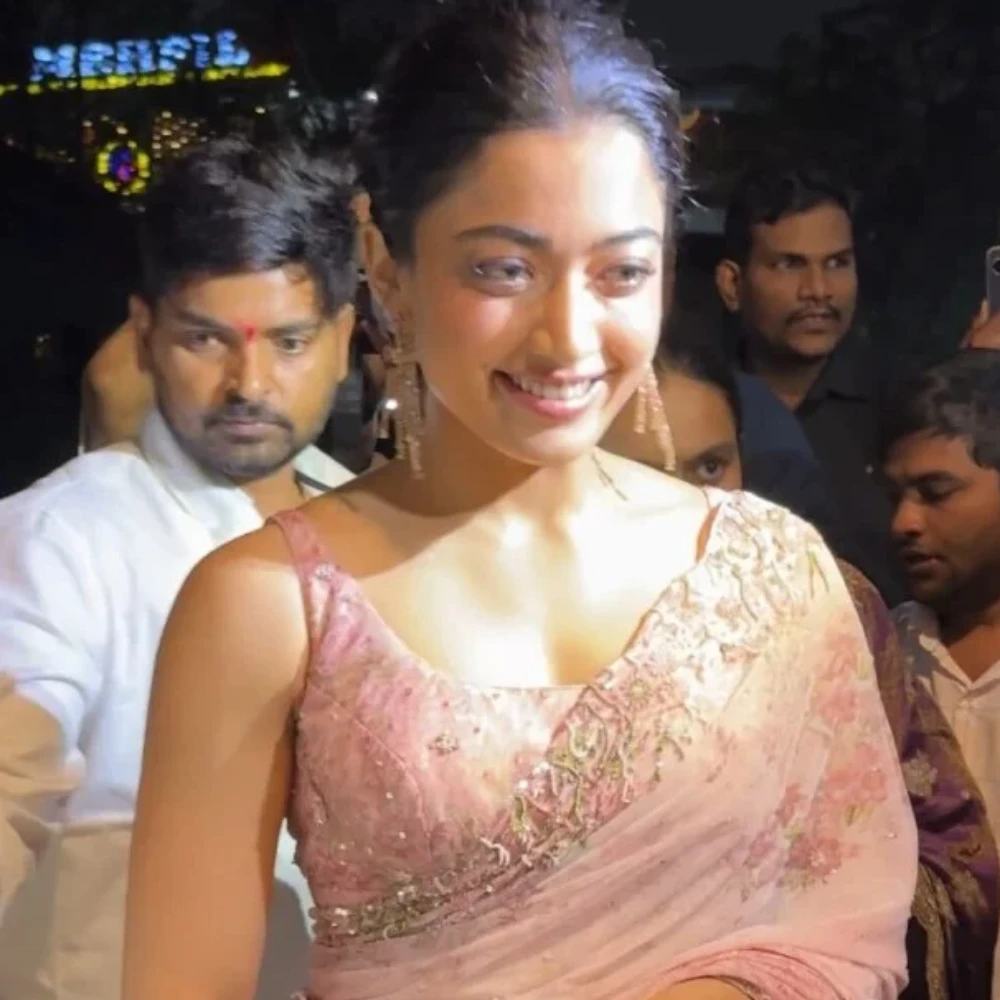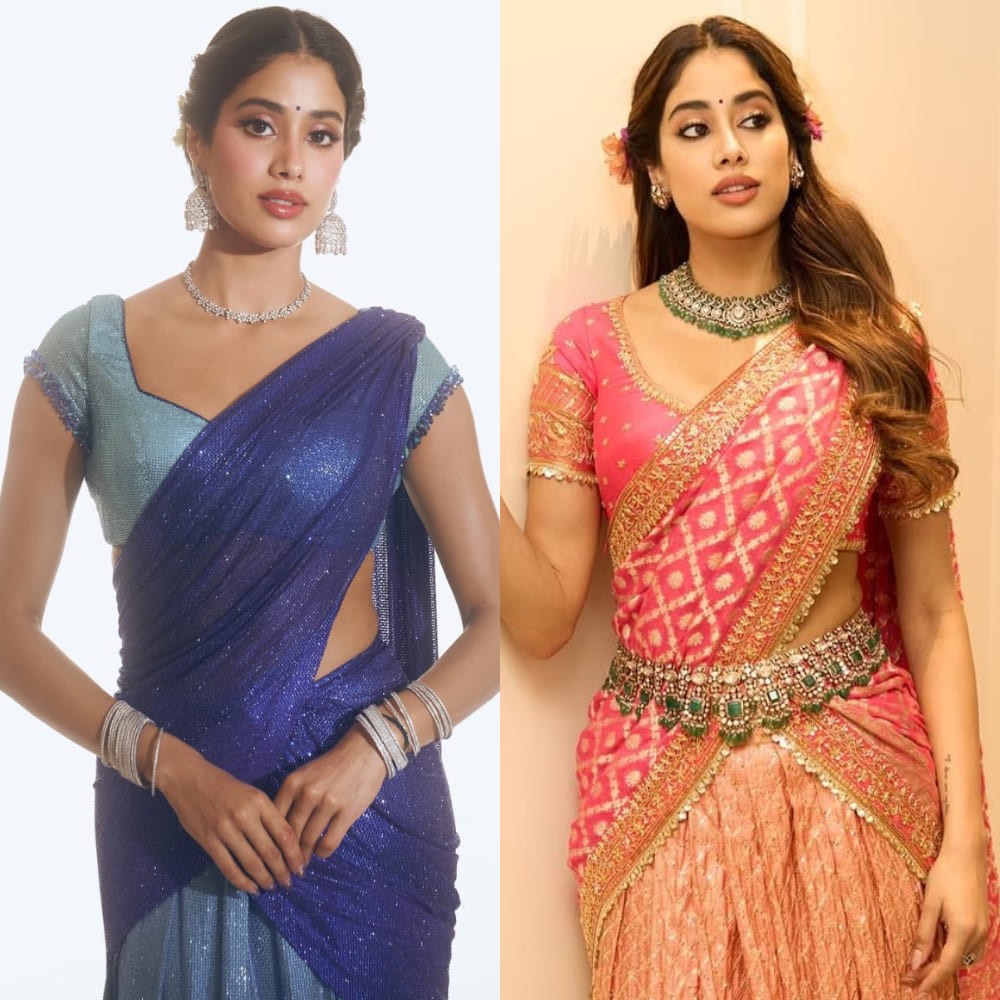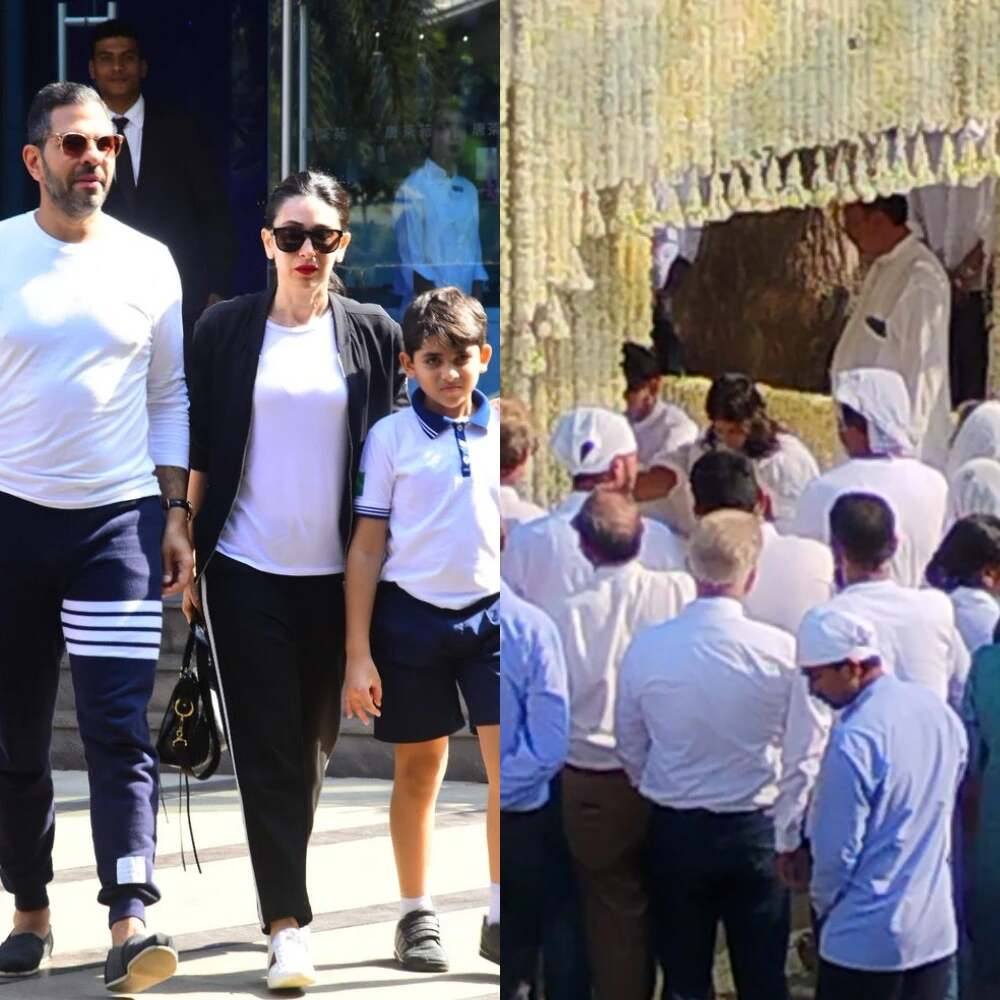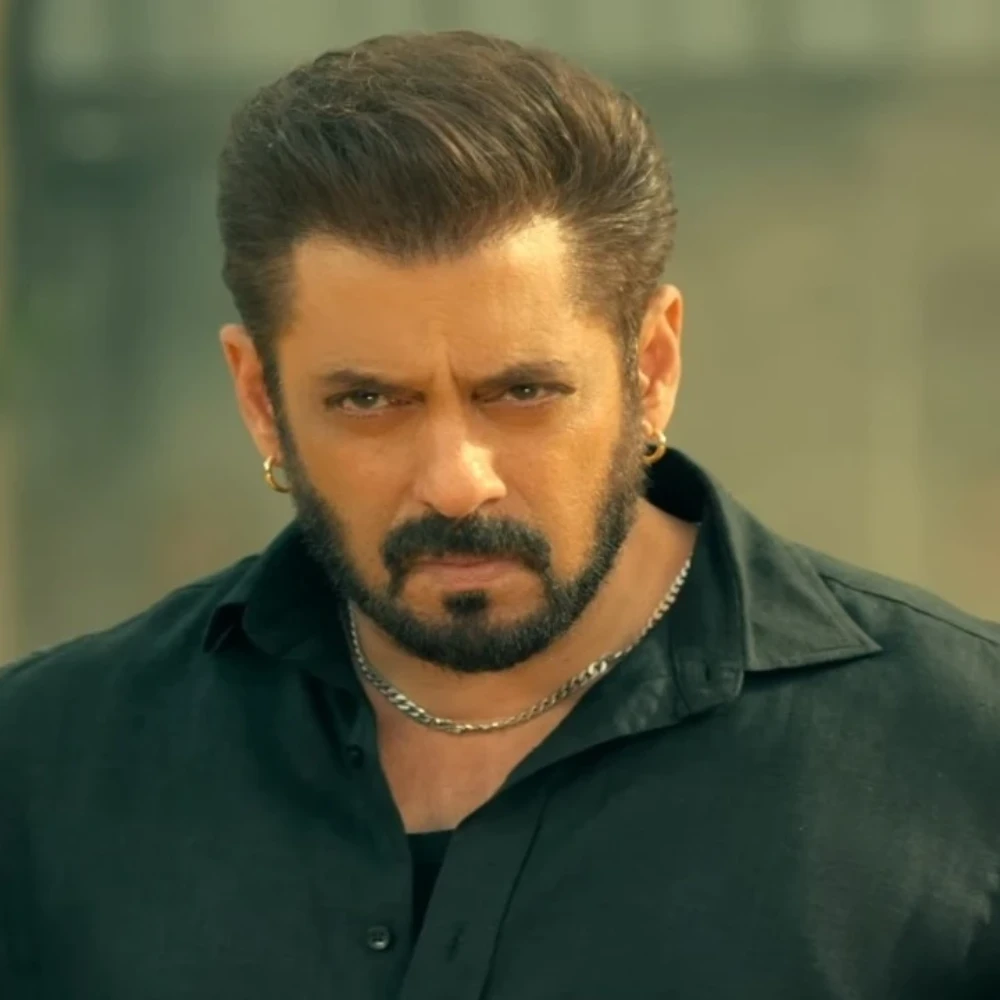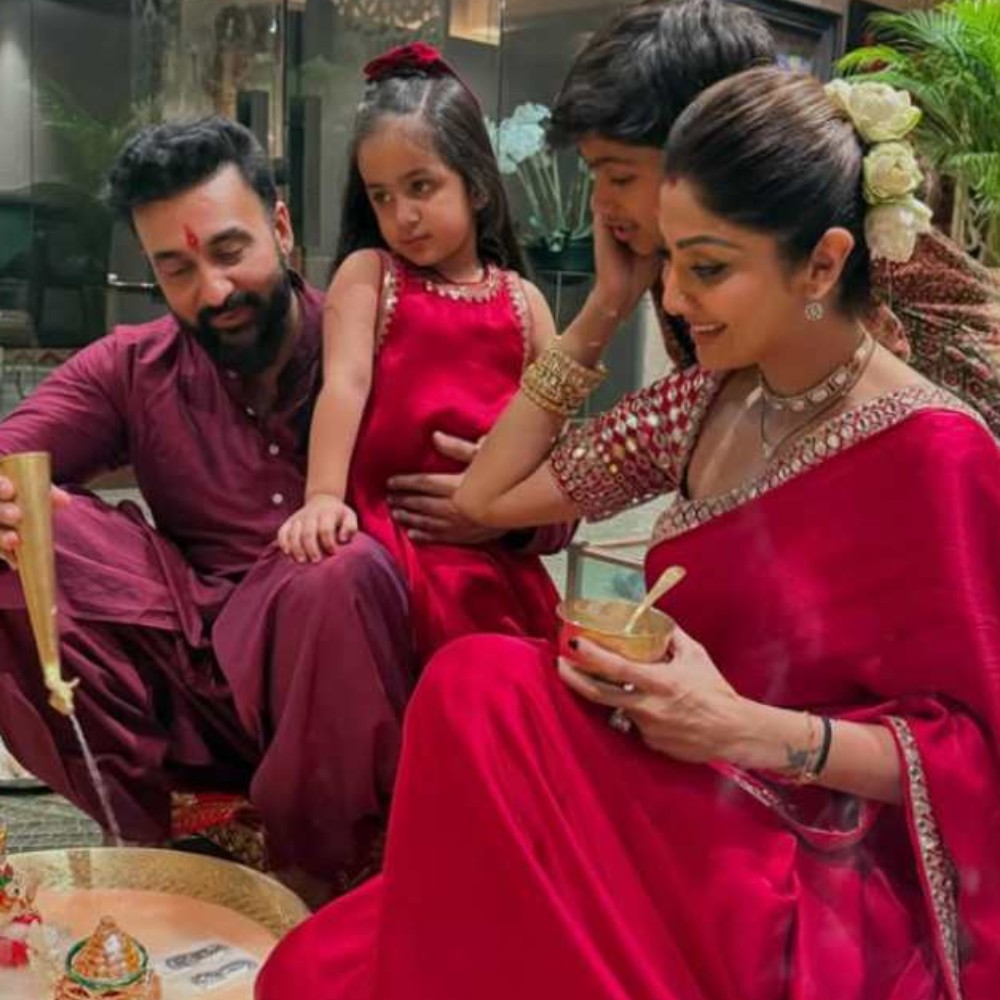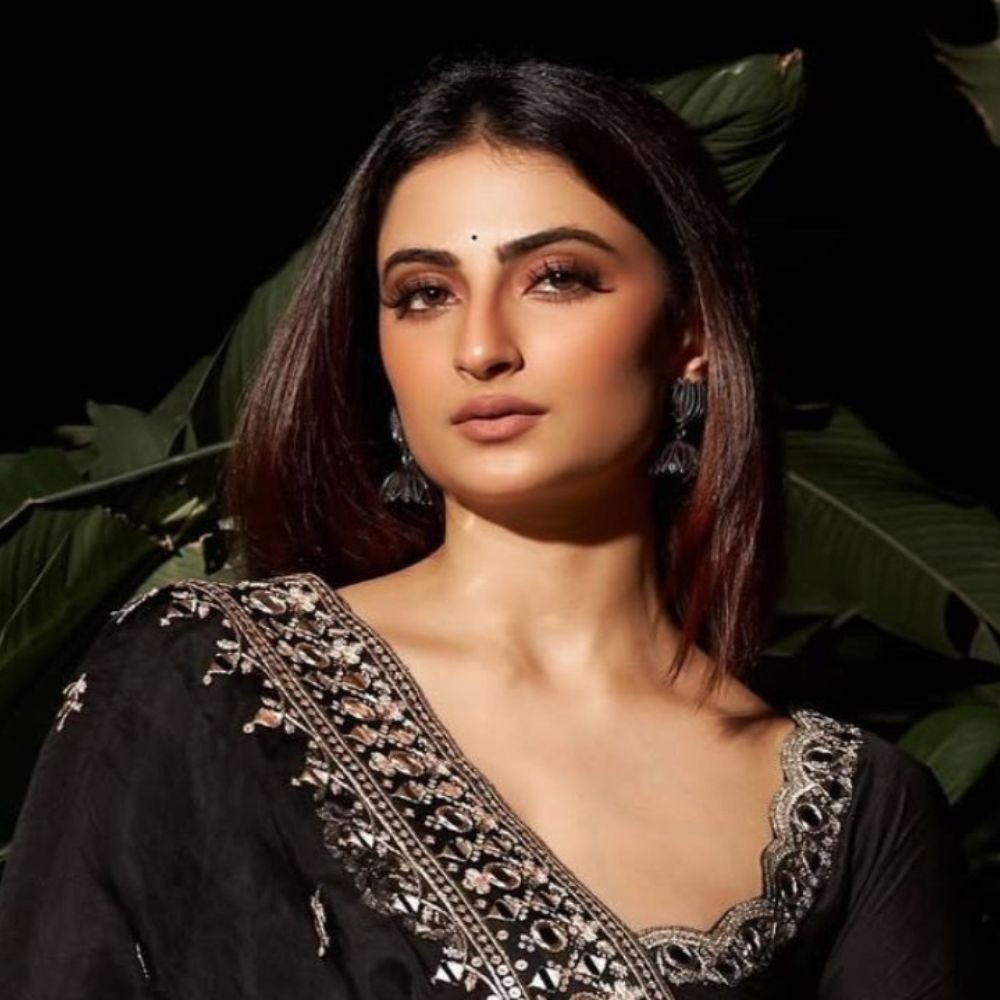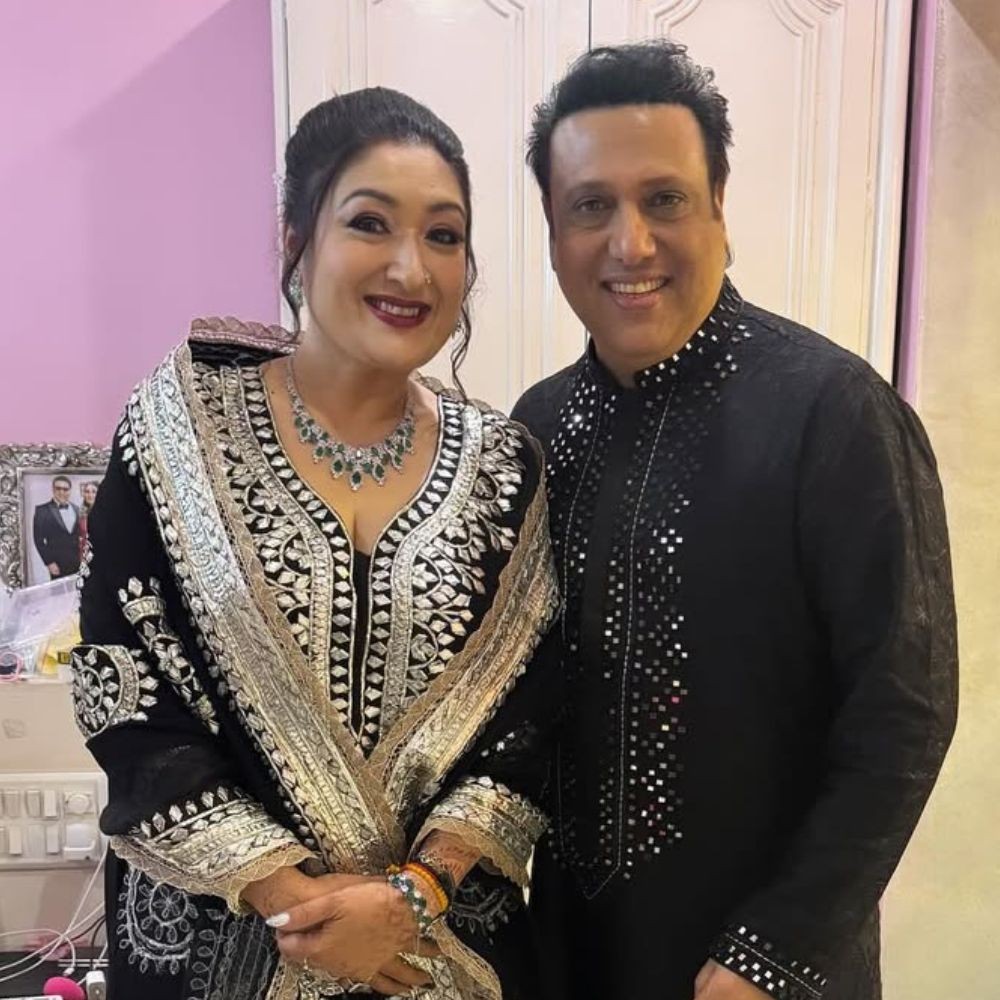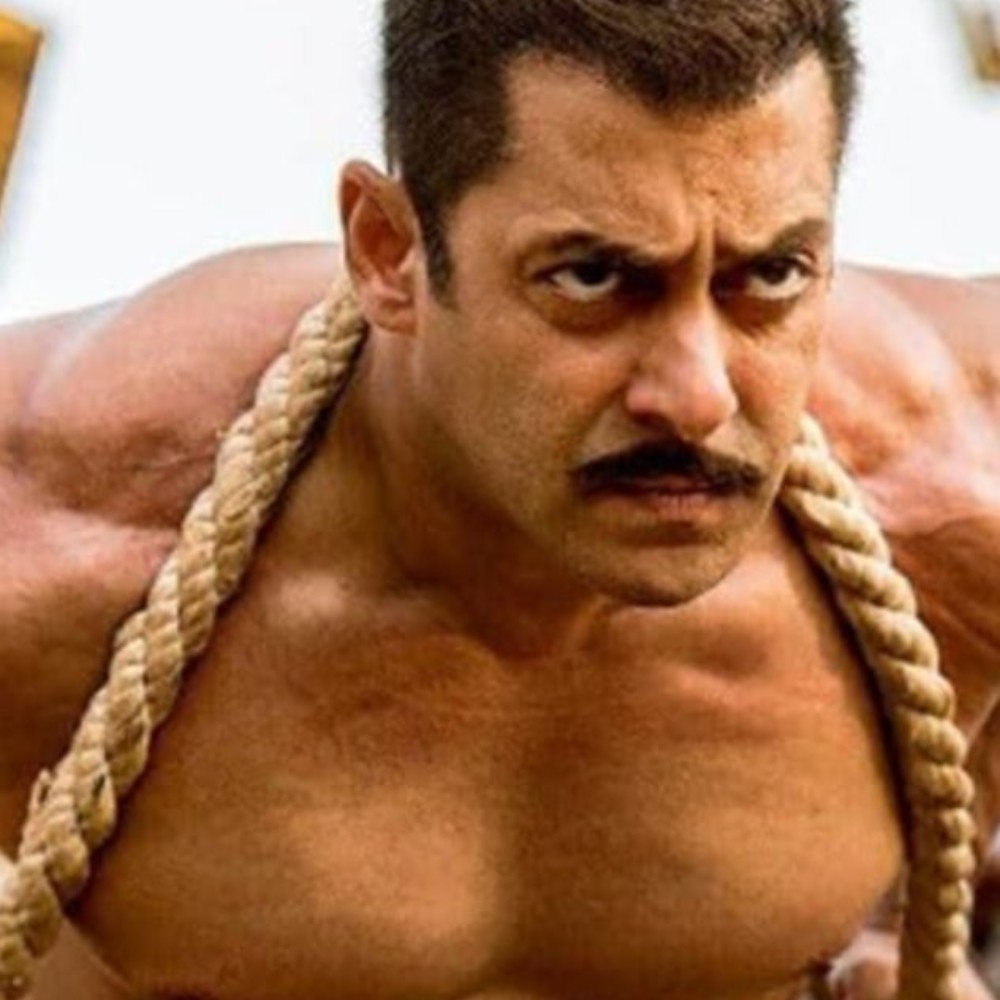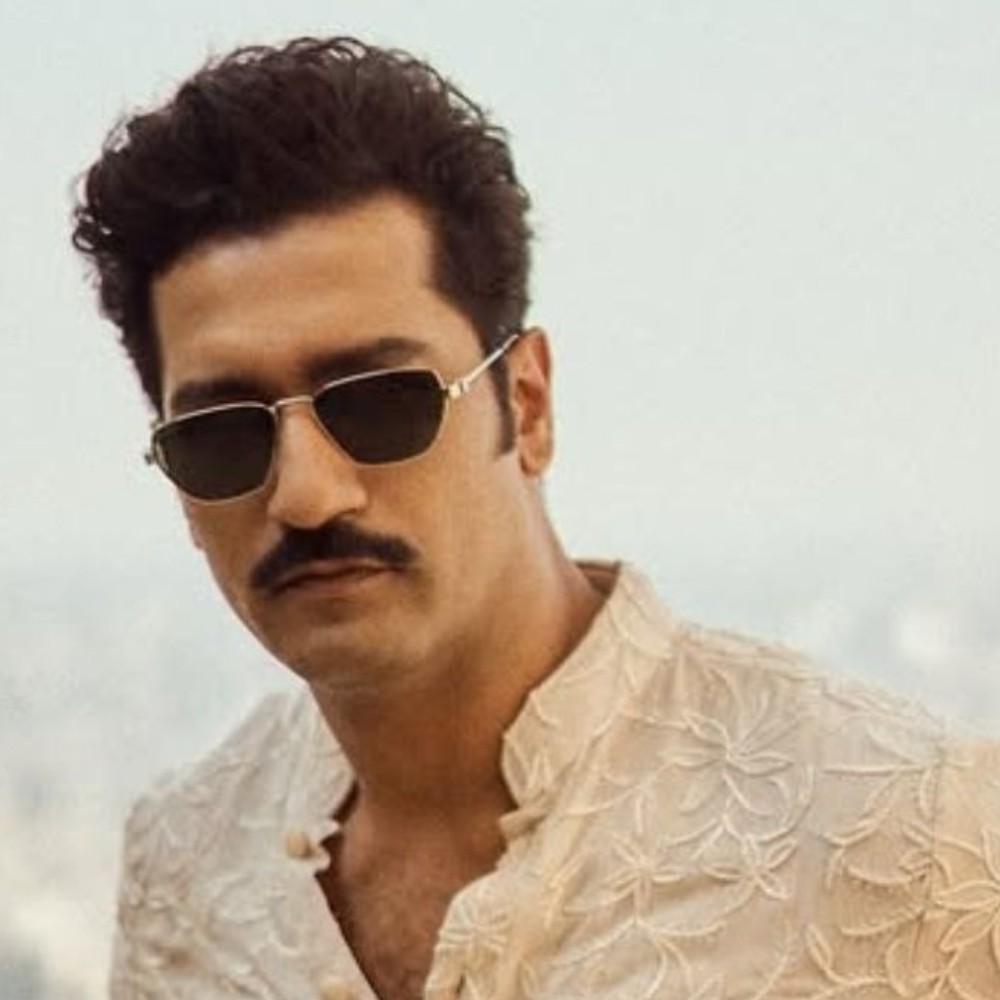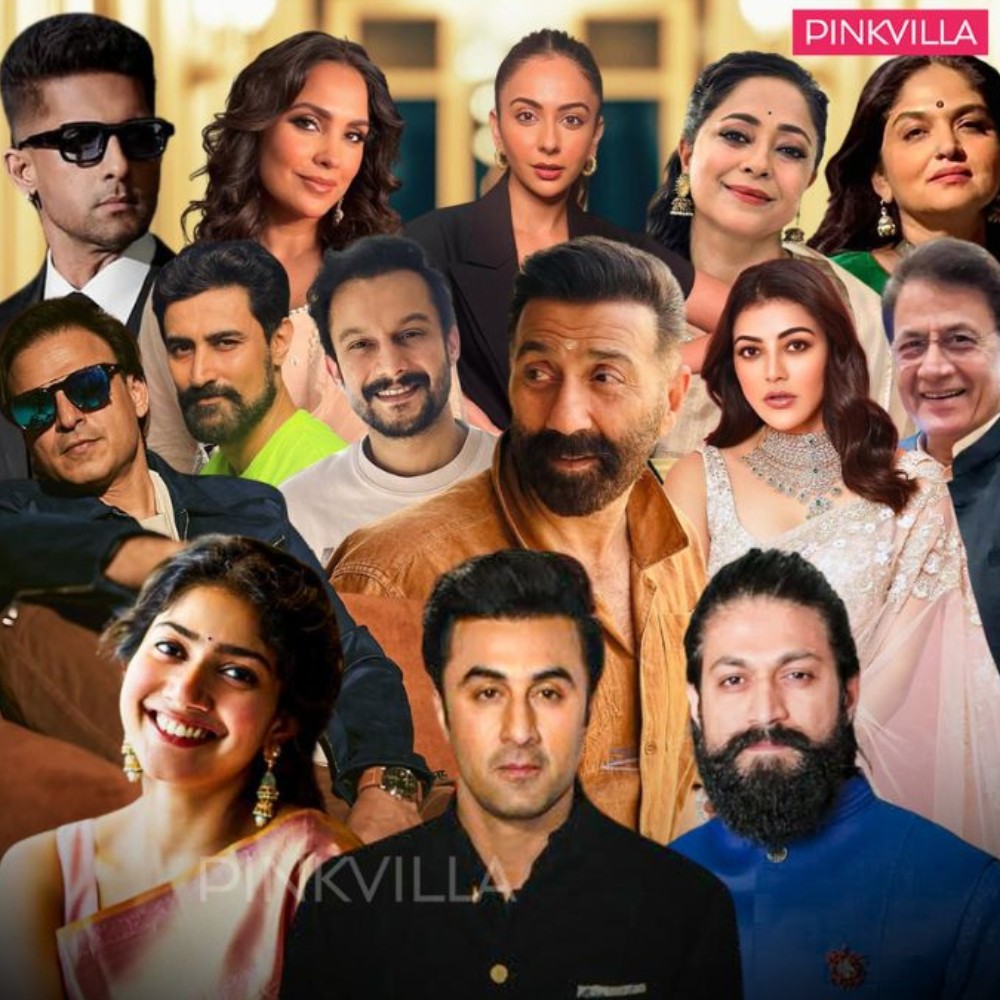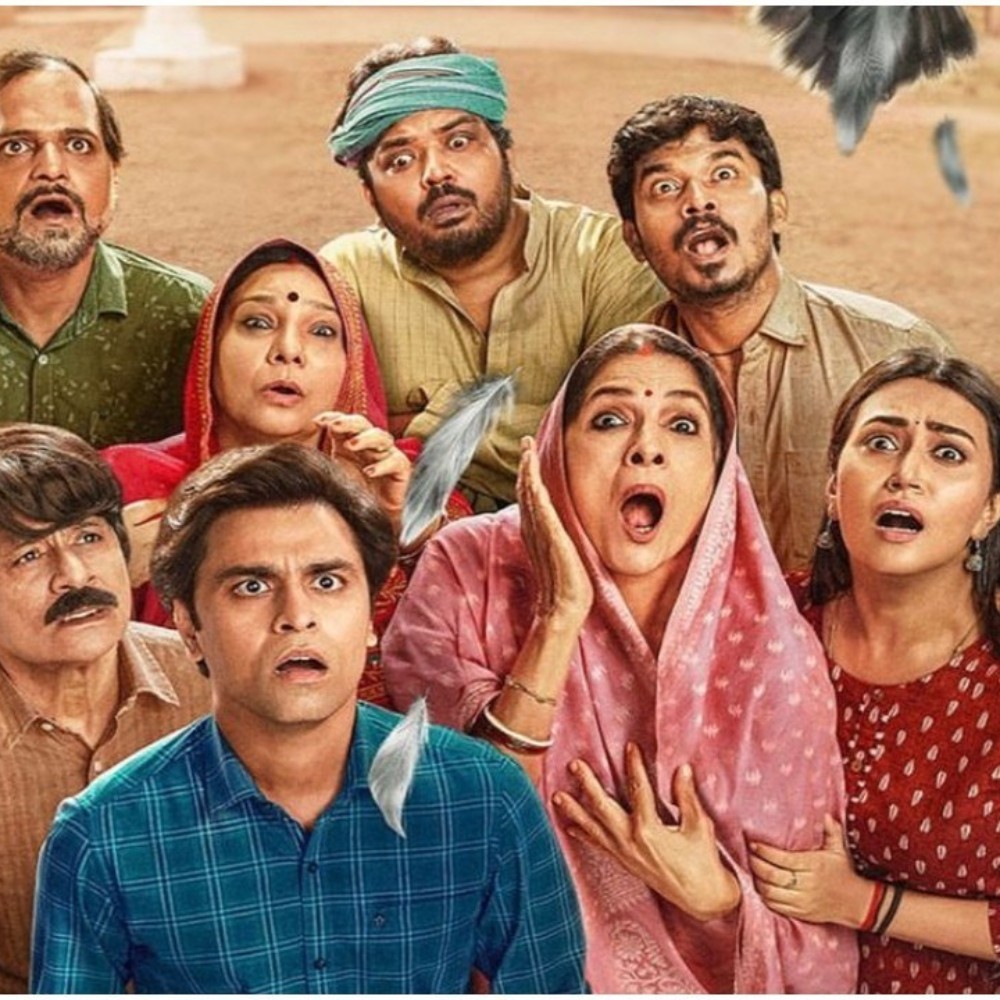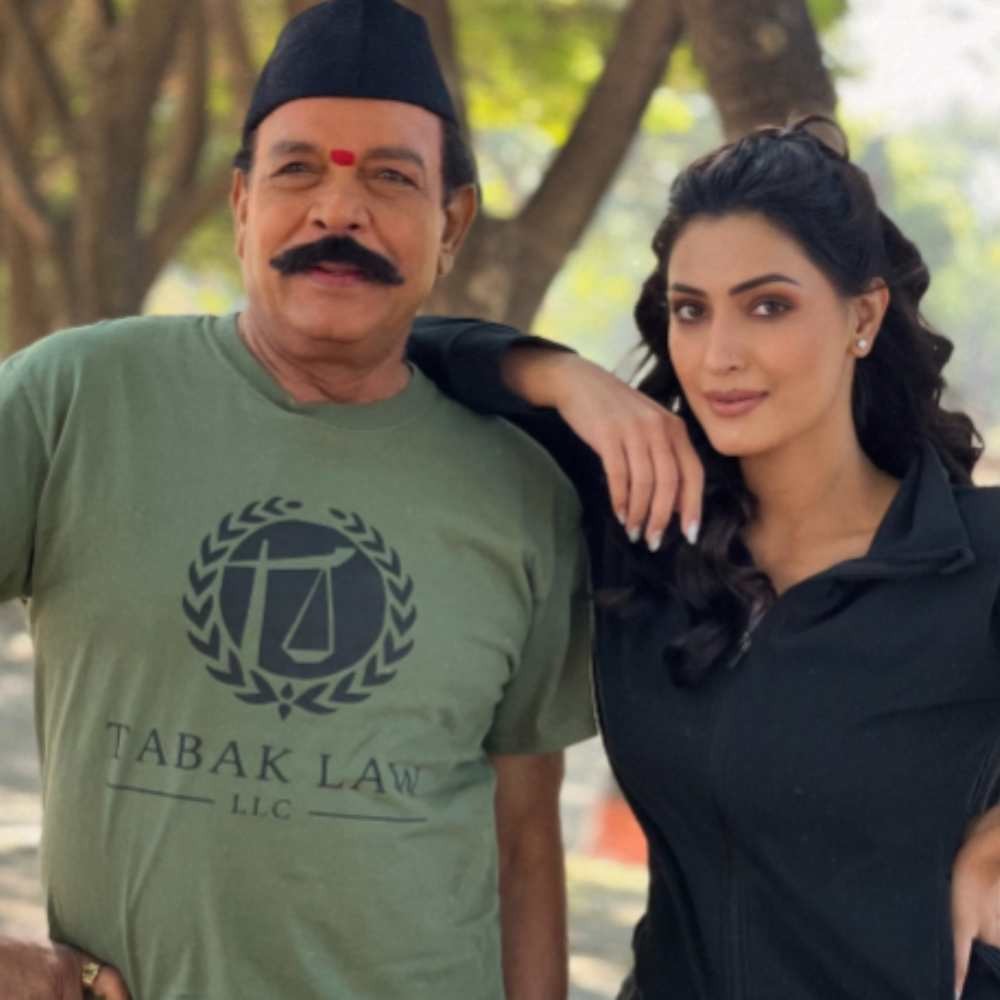Here’s what Javed Akhtar follows while writing songs for kids Farhan and Zoya Akhtar: ‘I can’t treat them like…’
Javed Akhtar shares what he keeps in mind while writing songs for his children Farhan and Zoya Akhtar. Check out the details inside!
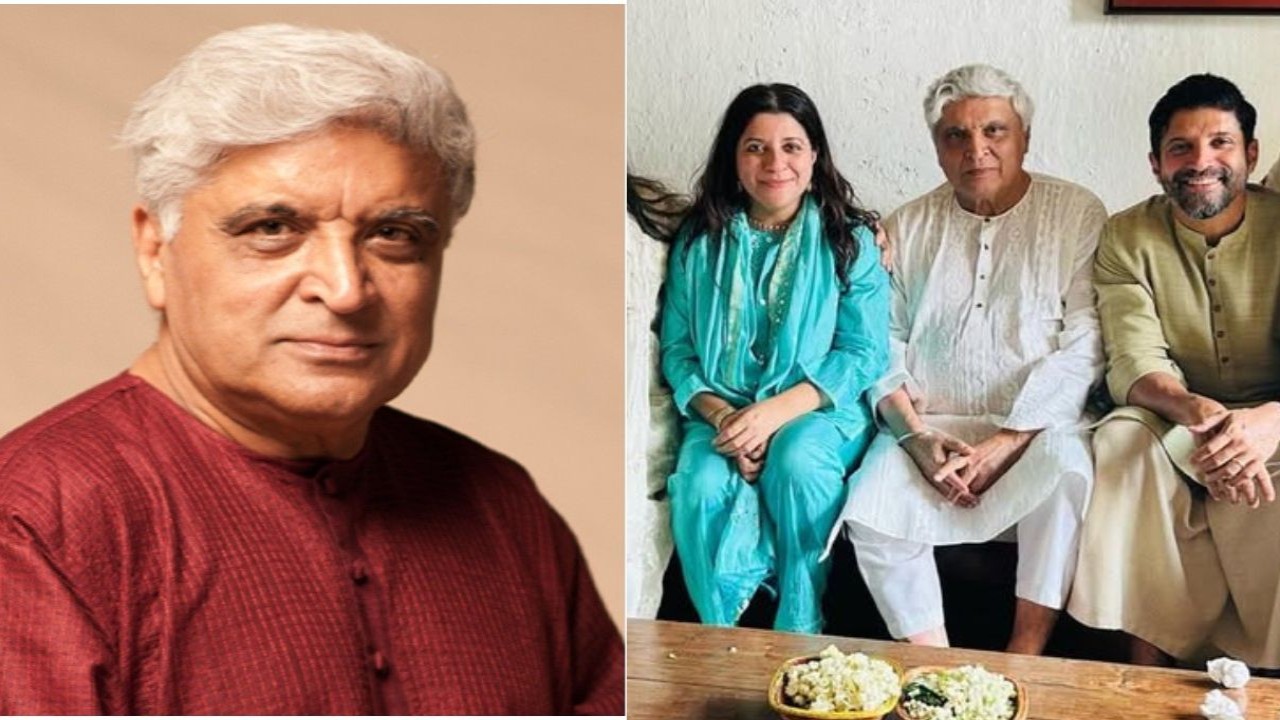
Veteran lyricist and screenwriter Javed Akhtar, known for his candid views and professionalism, recently opened up about working with his children, Farhan Akhtar and Zoya Akhtar. He shared that while writing songs for them, he doesn’t treat them as his kids but strictly as directors.
Javed Akhtar shared how professional he is even with his children, Farhan Akhtar and Zoya Akhtar. In an interview with Mid-day on the Sit With Hitlist series, he said, “When I write a song for Zoya or Farhan (Akhtar), I can't treat them like my children. Then they are directors. So when you are discussing a screenplay, you are a writer. That's all. Then there is no age.”
The veteran lyricist also opened up on his bond with Salim Khan, who is ten years older than him. He revealed that the latter has the final say in their partnership. He further shared that while developing screenplays, they operated as equals. But Akhtar acknowledged that the cultural respect for elders always remained, given Salim Khan’s seniority and experience.
Javed Akhtar also opened up on the docuseries Angry Young Men, which explored the journey of Salim-Javed, and shared that he wished certain things had been retained in the final cut.
Calling perfection a 'mirage,' he shared that one can always 'pursue' it. He added that he never revisits his old films or old songs. However, Trishul was an exception, as he recently watched it but revealed that he didn't see it when it was released in theaters.
Revealing his reaction after the film, he shared he was amused while watching it after decades. He also talked about the storyline and shared that the film revolves around two real estate moguls, a father and son, unaware of their relationship, battling it out in Delhi. What struck Javed was that throughout the film, the term "crores" was never used; it was all about "lakhs," as the idea of crores seemed unimaginable in the 70s.





 JOIN OUR WHATSAPP CHANNEL
JOIN OUR WHATSAPP CHANNEL